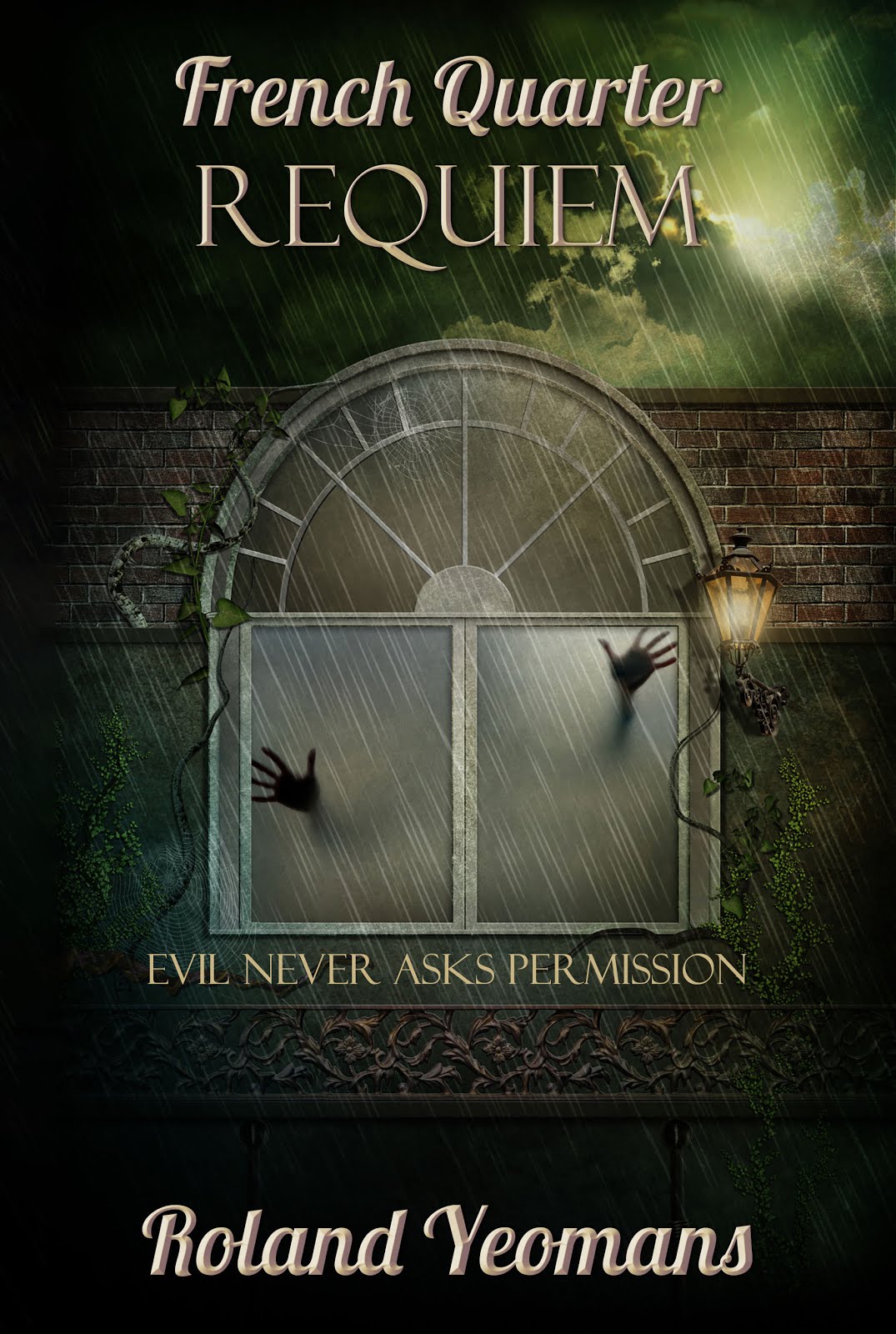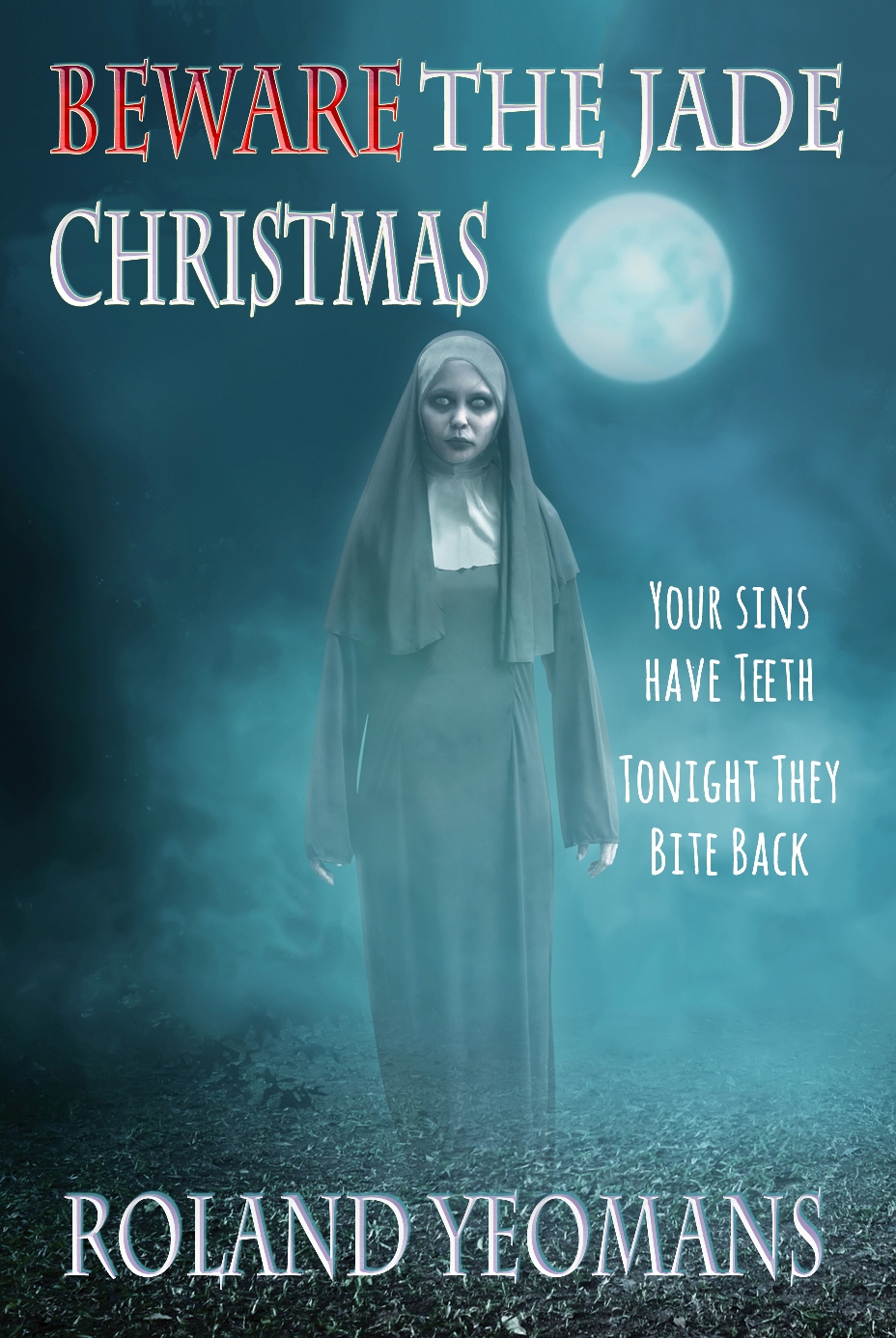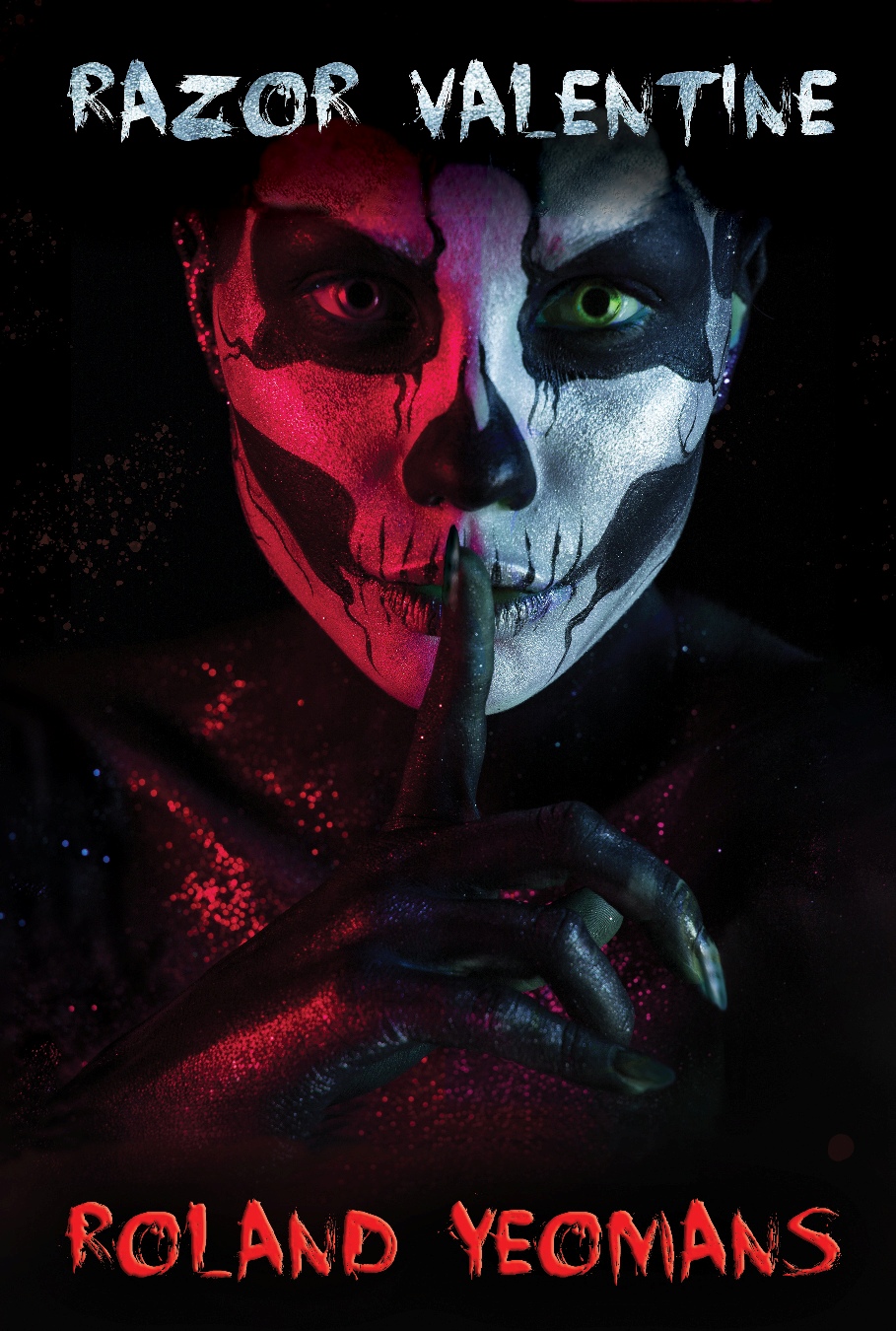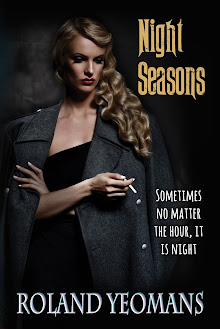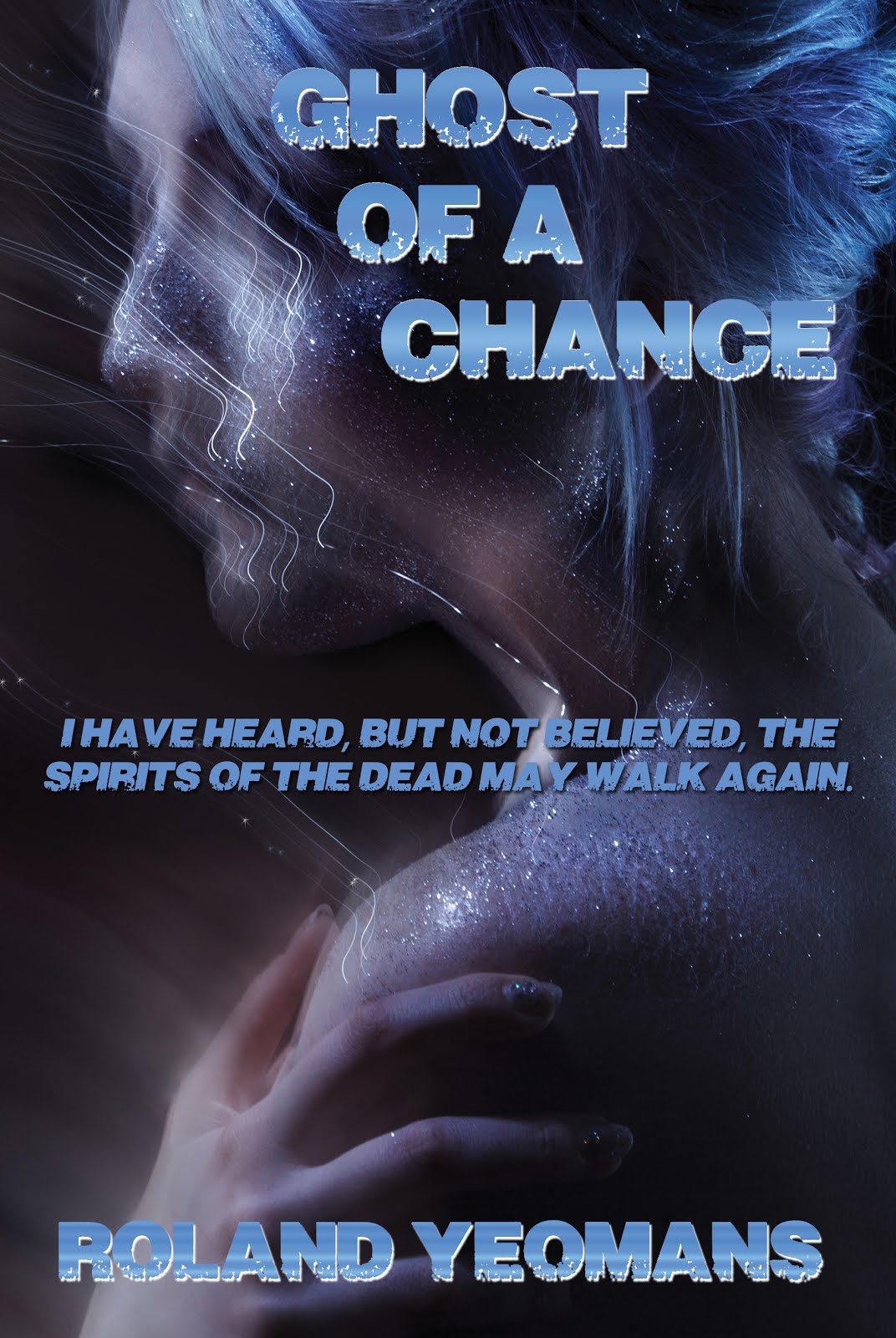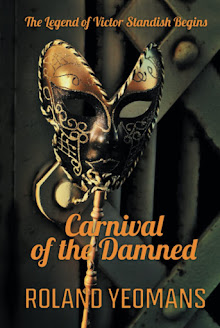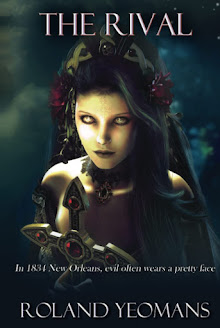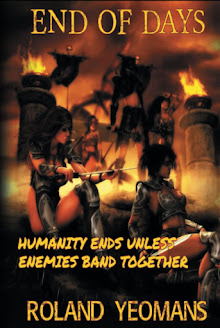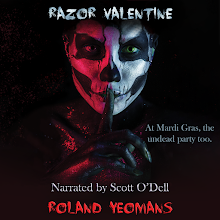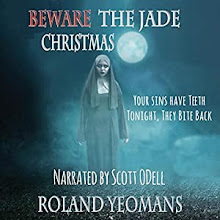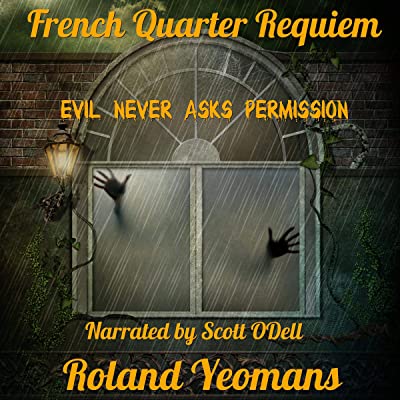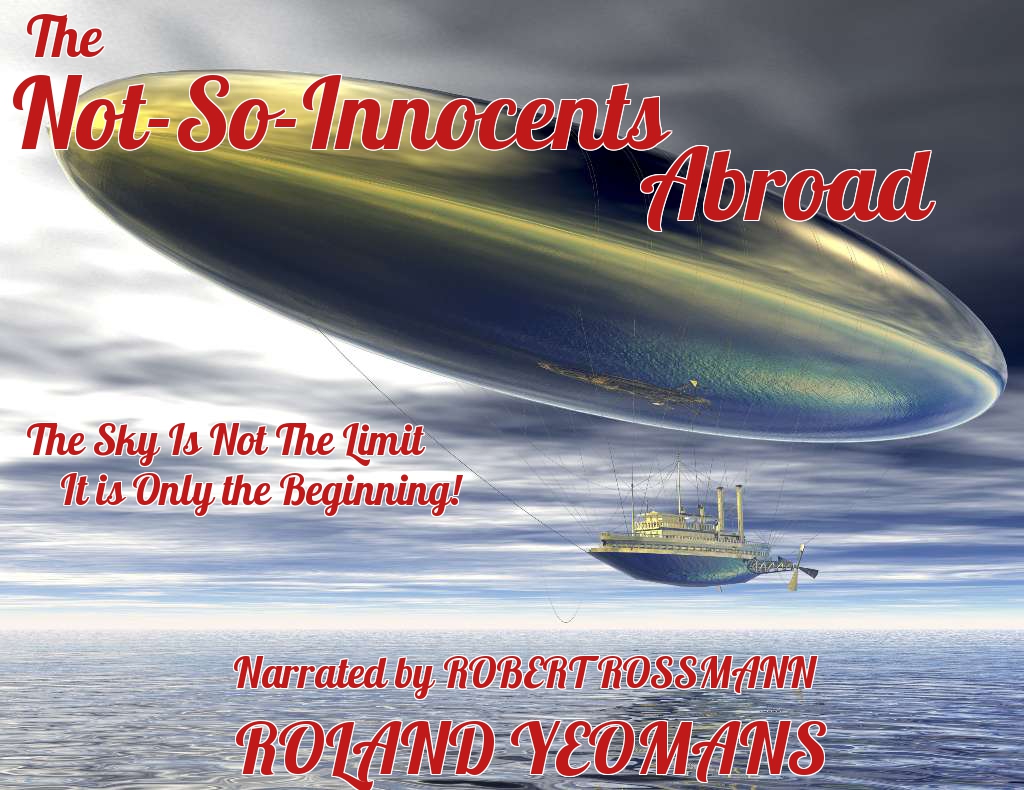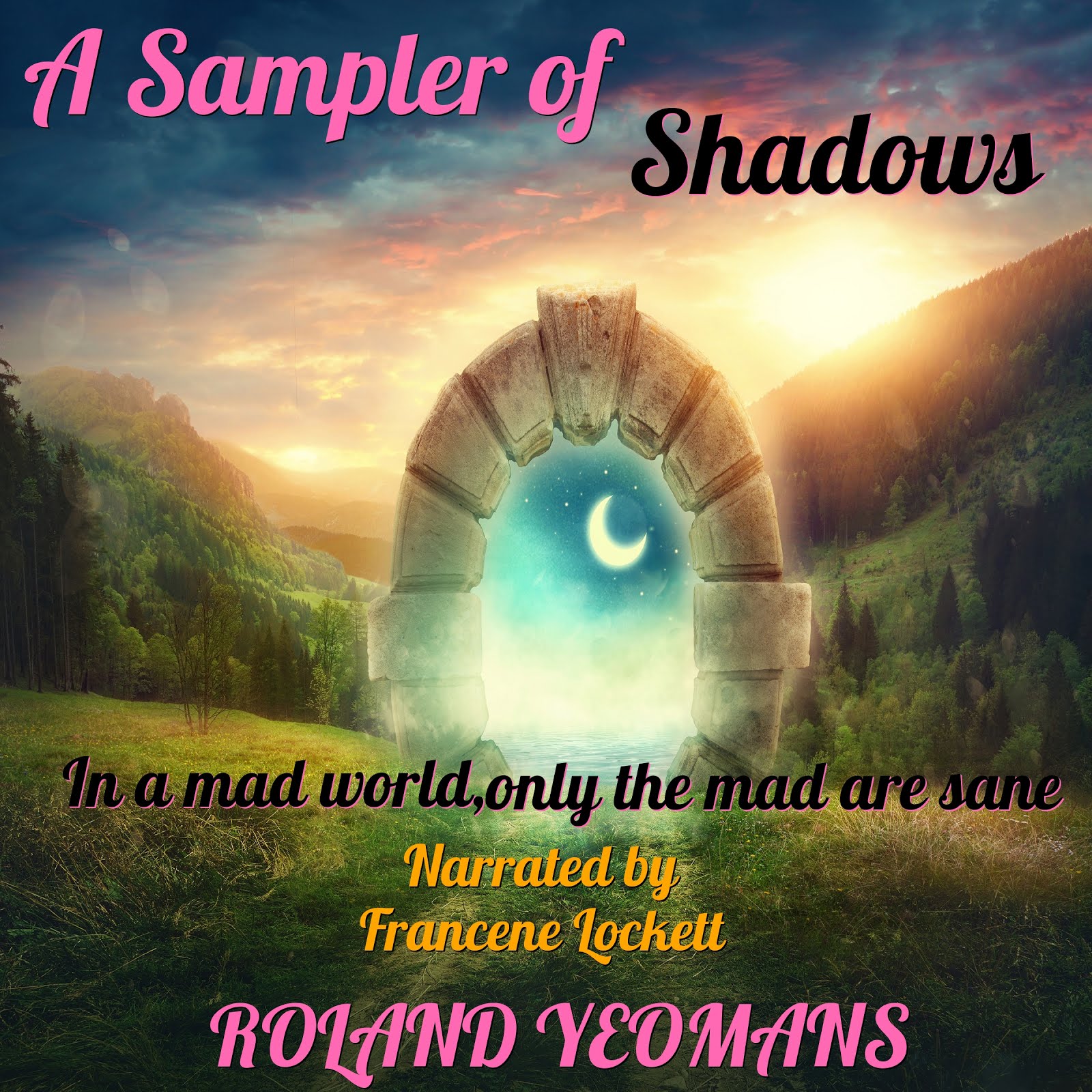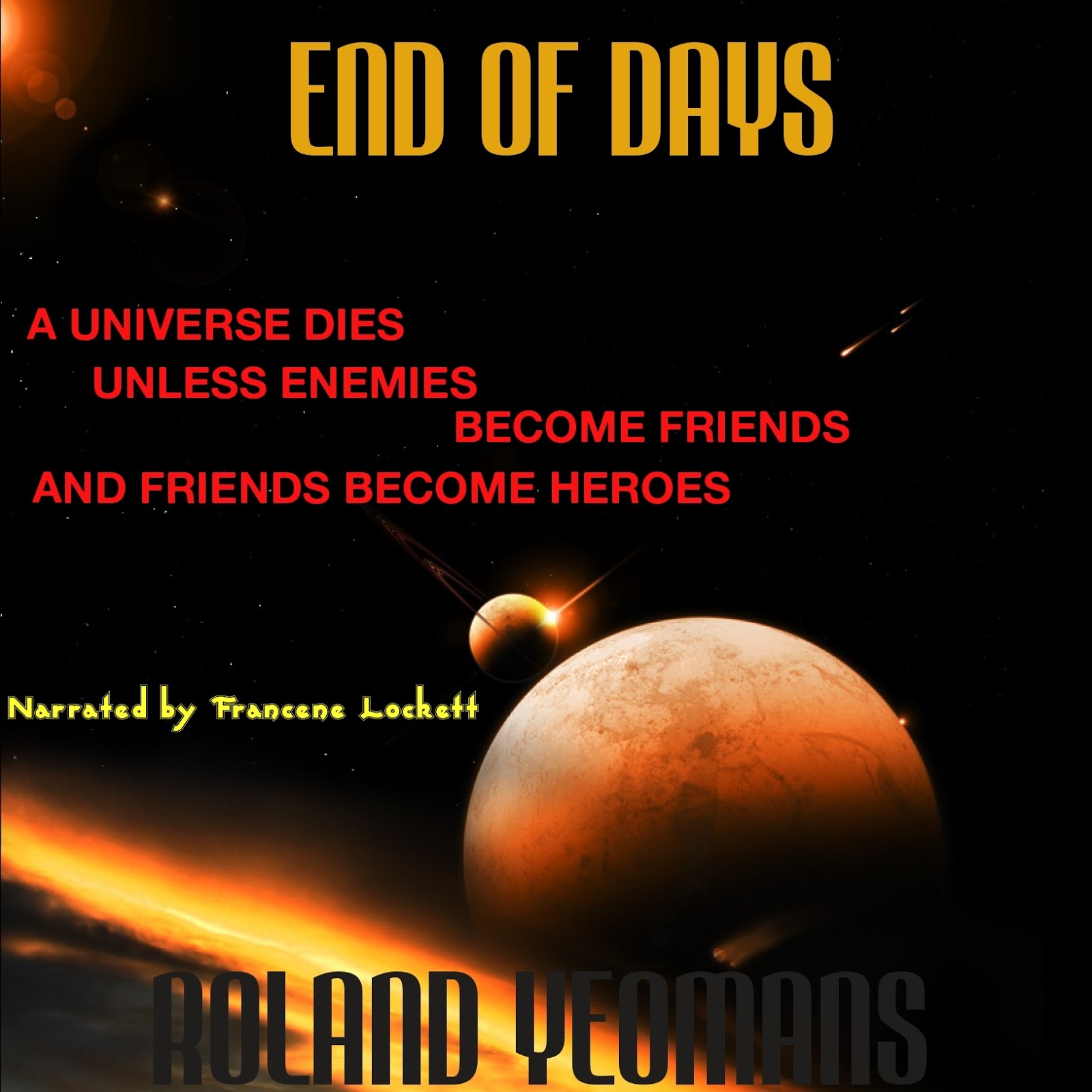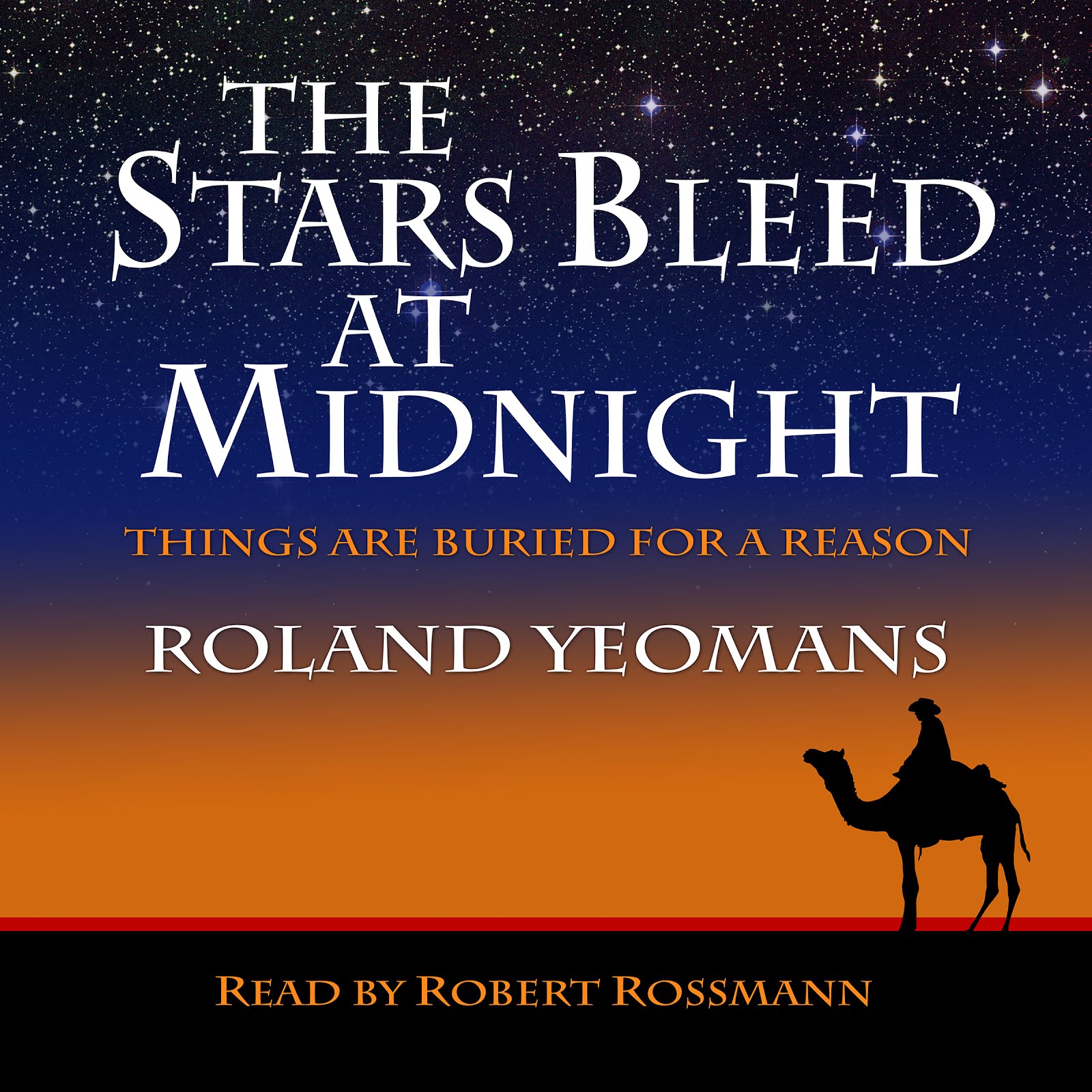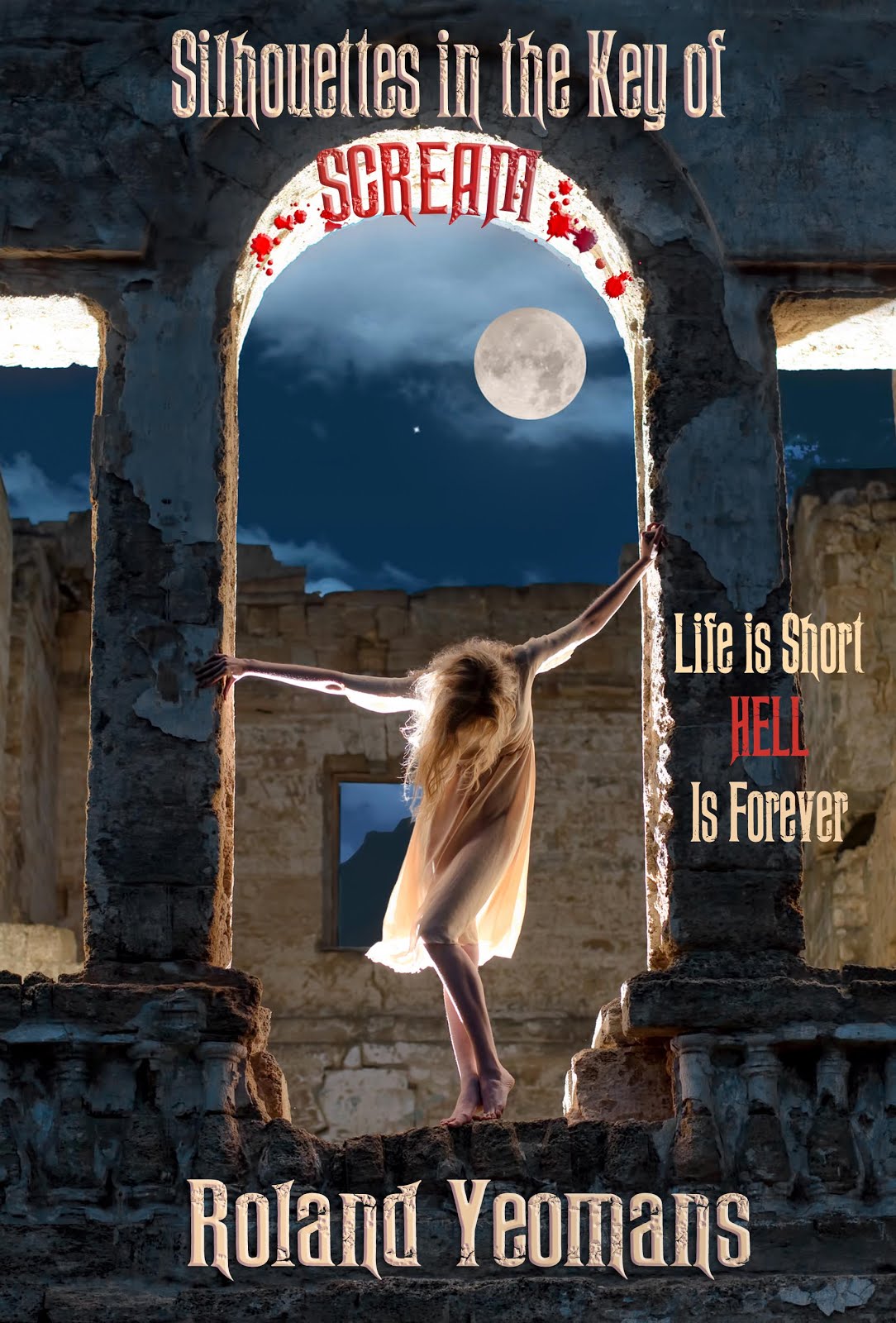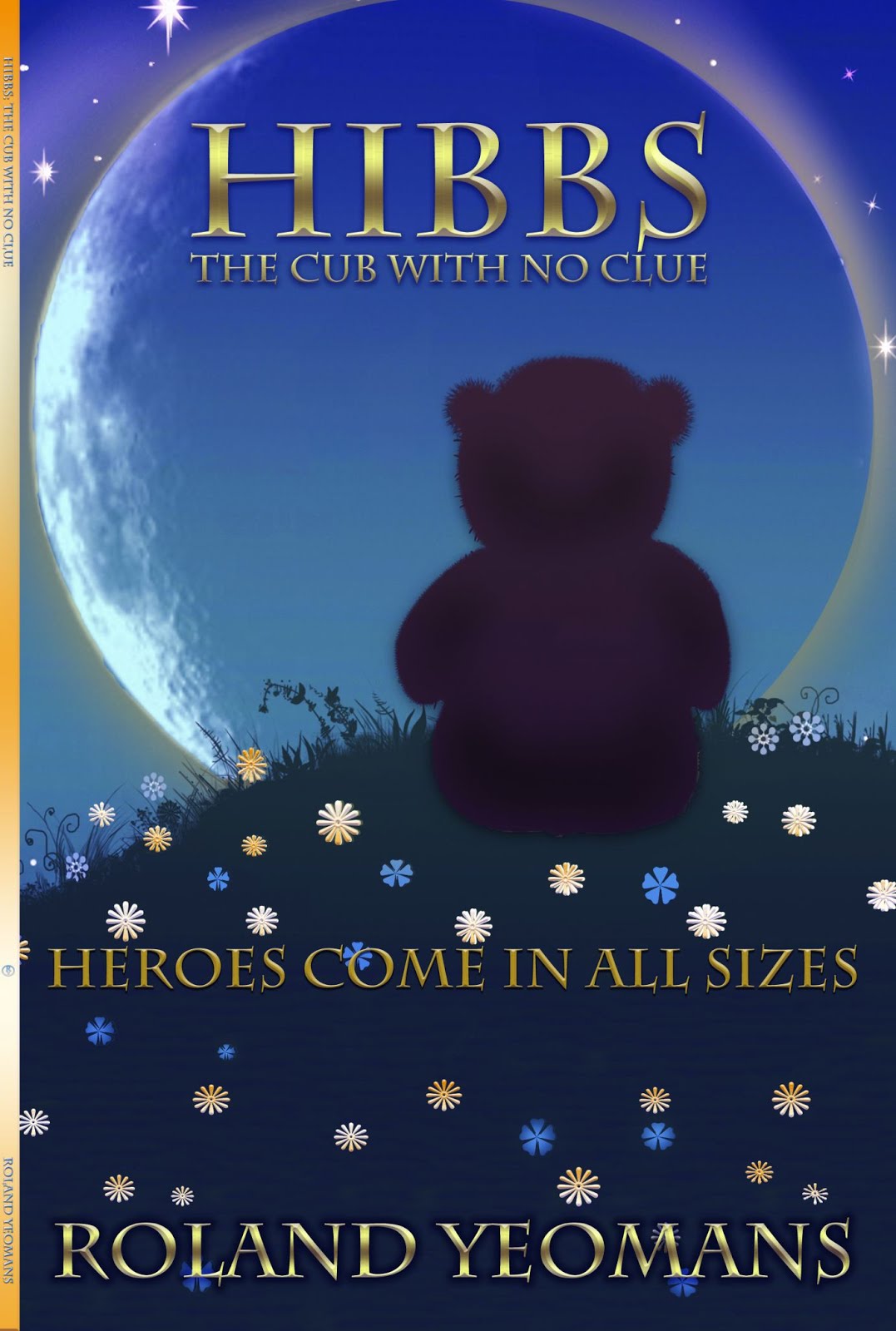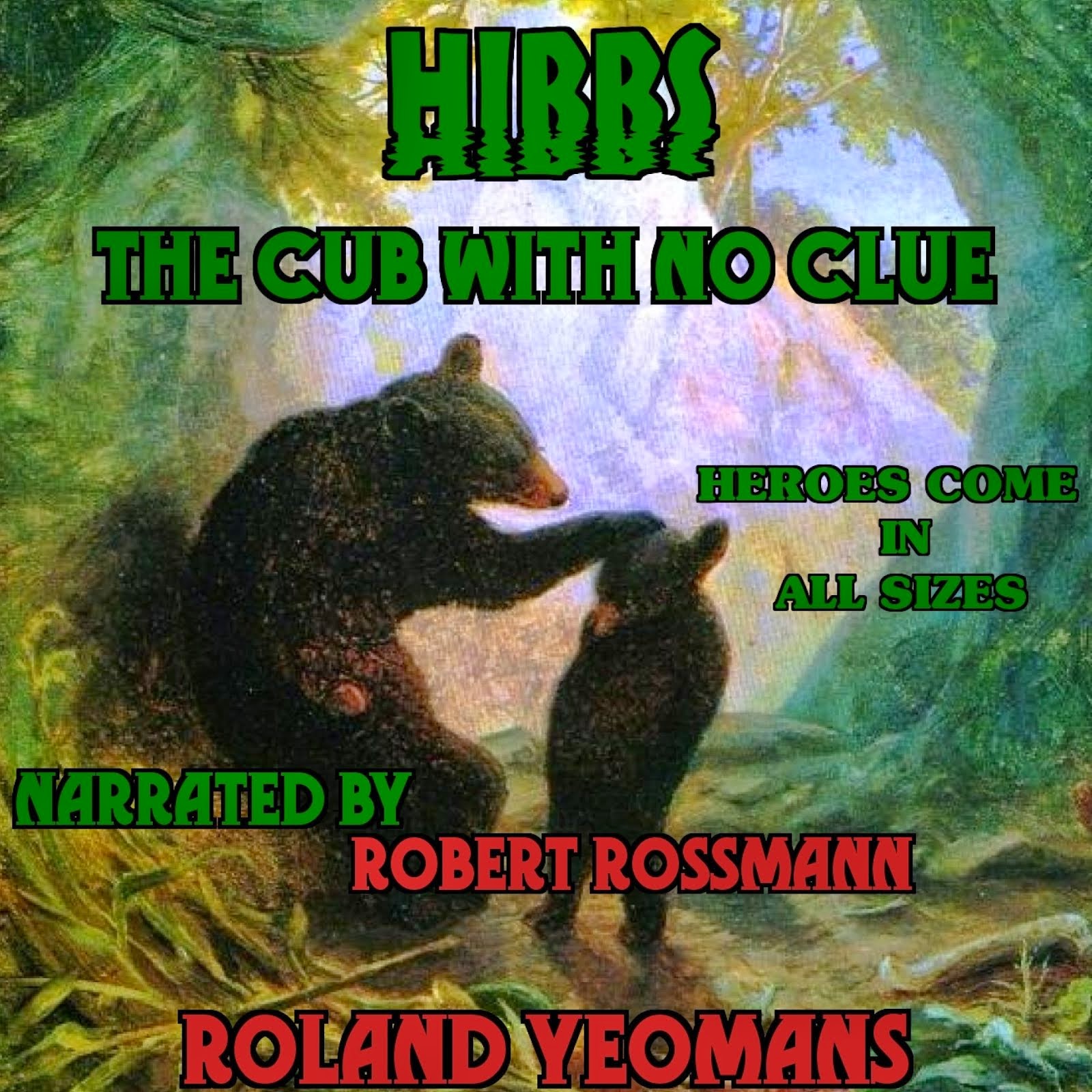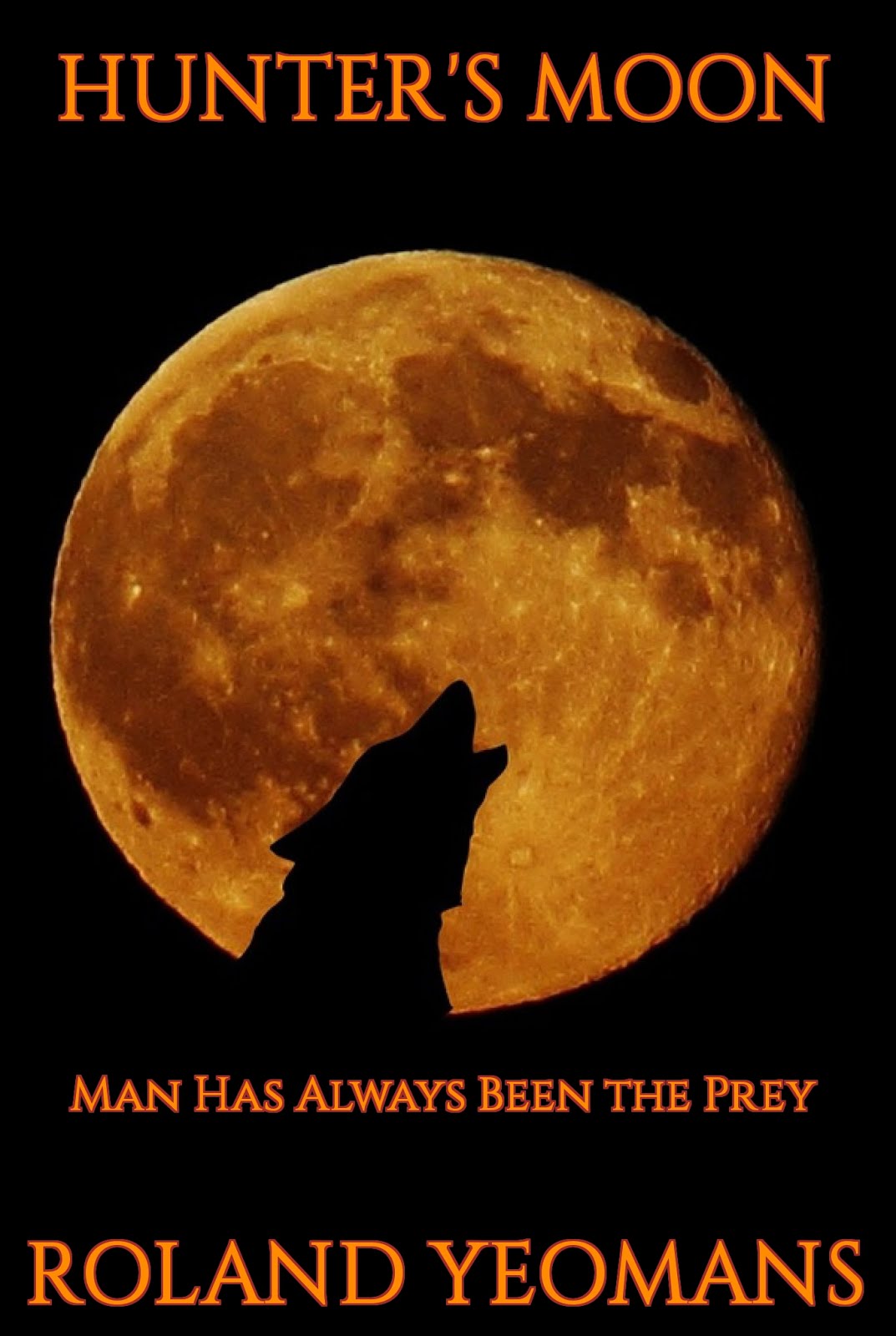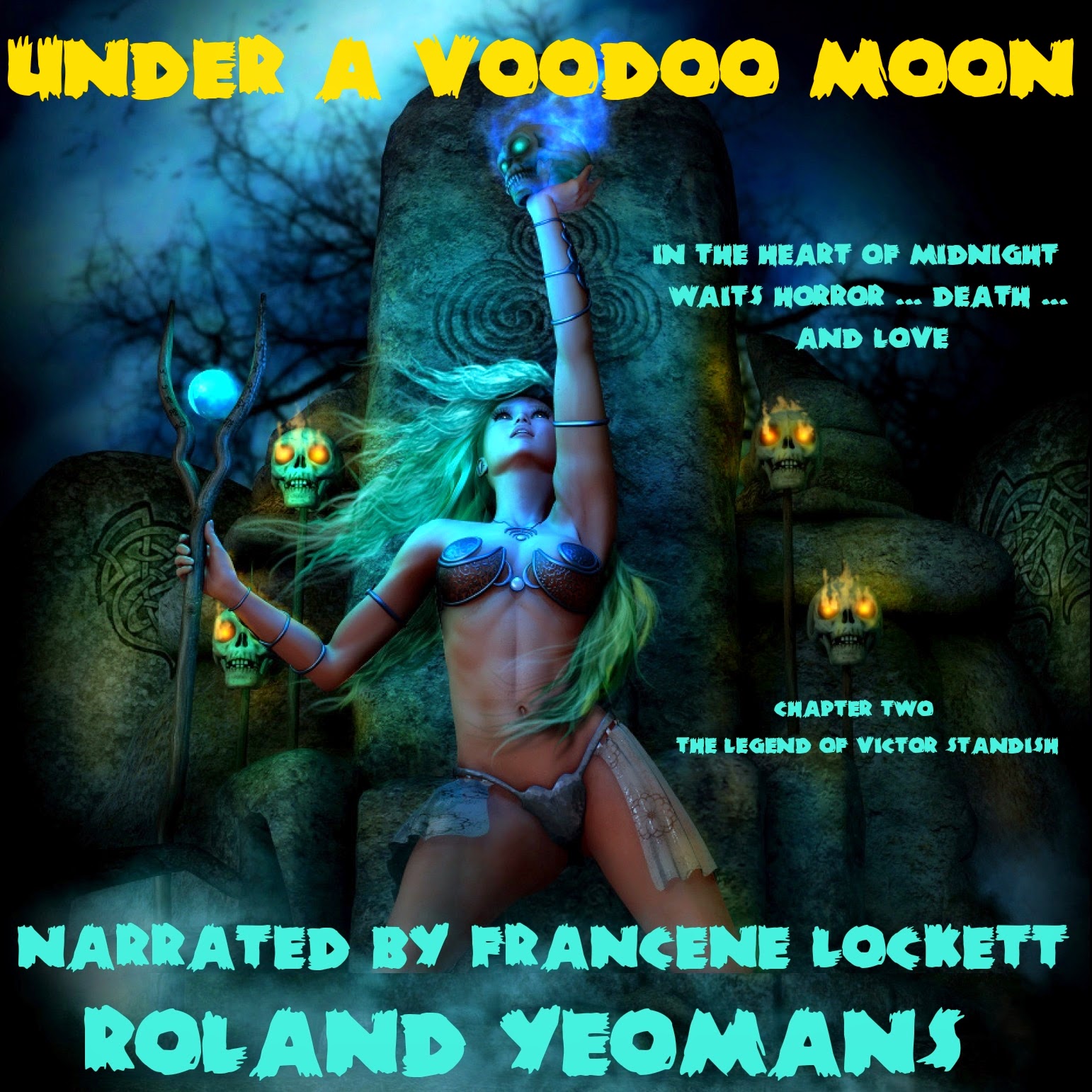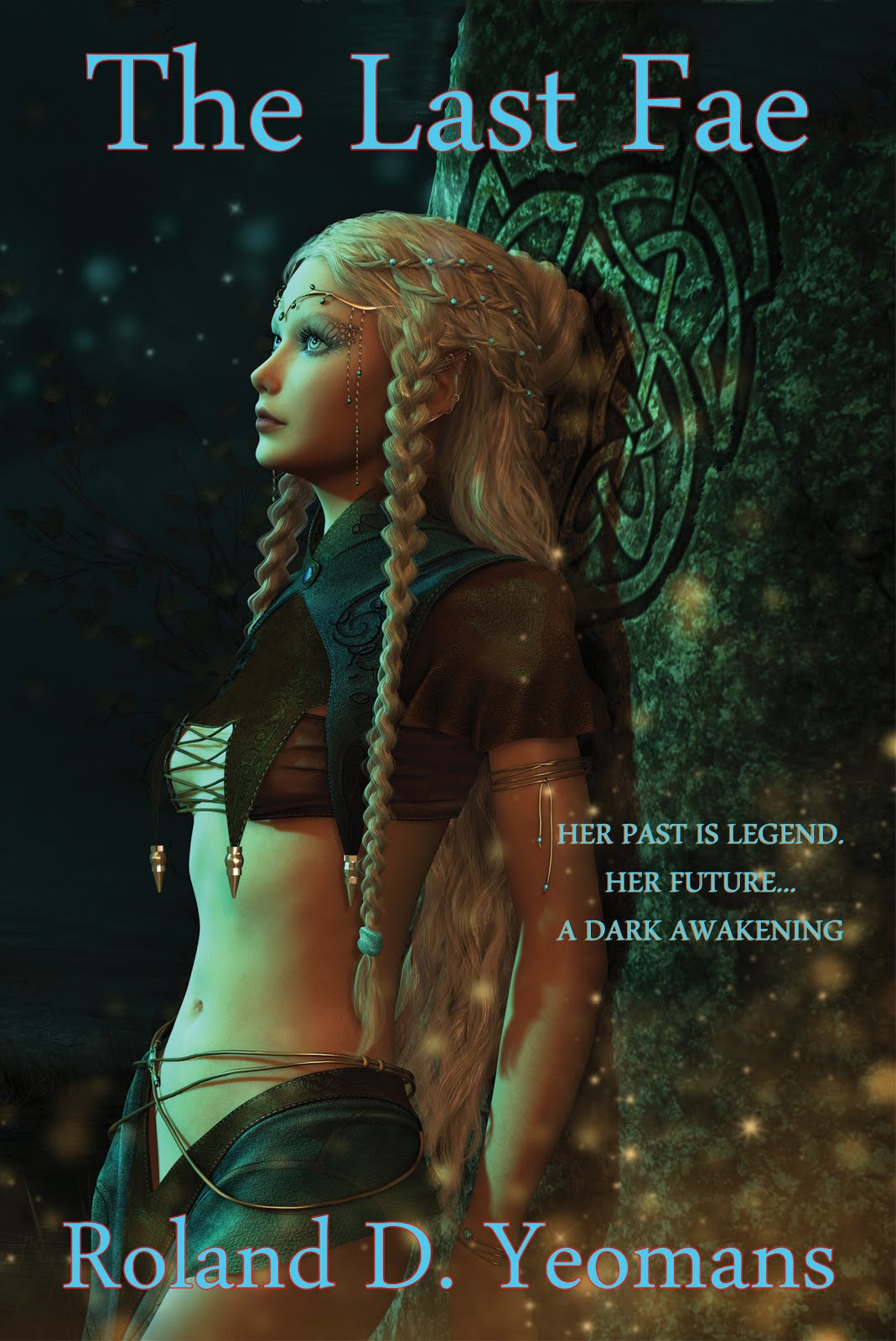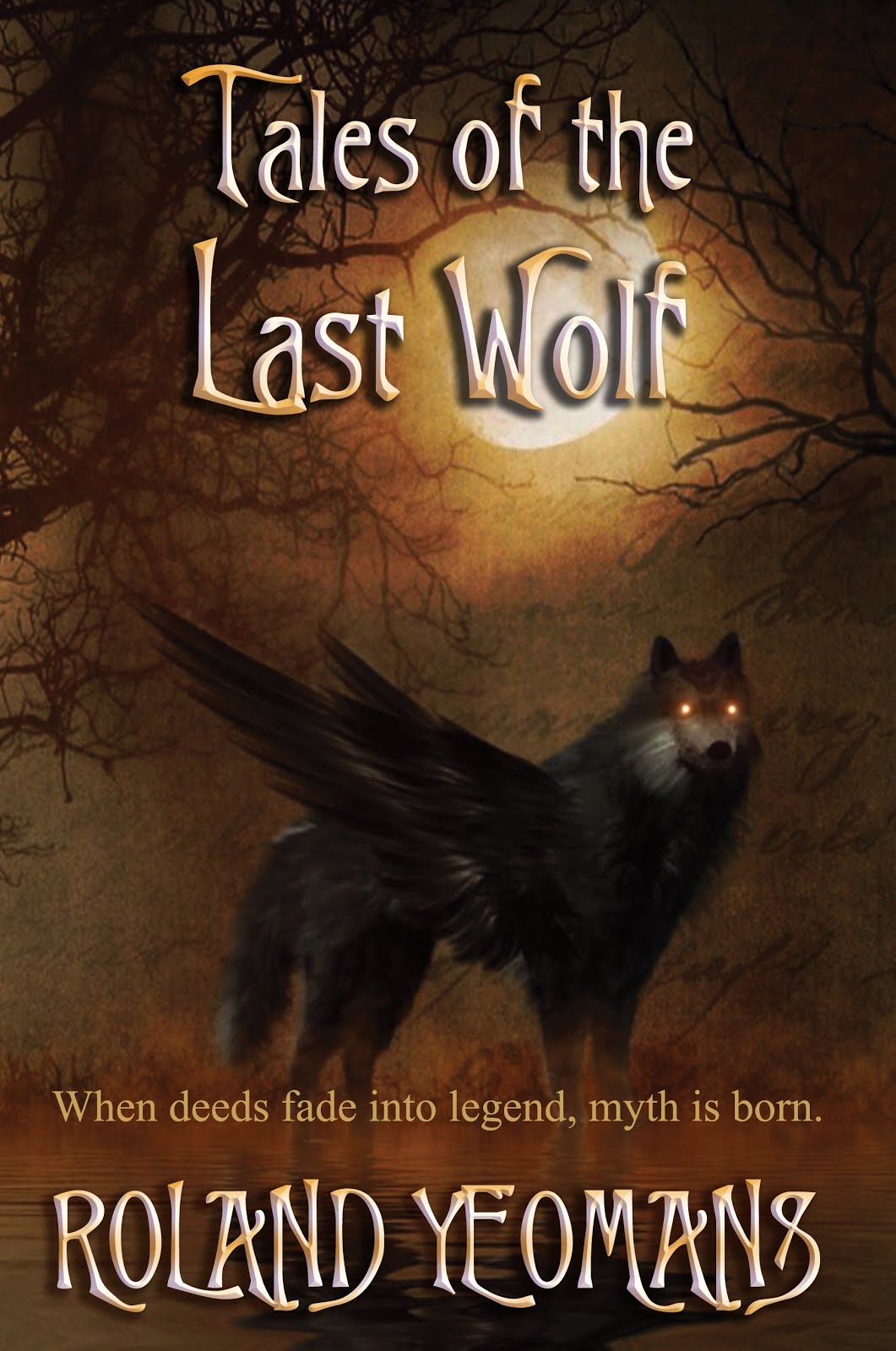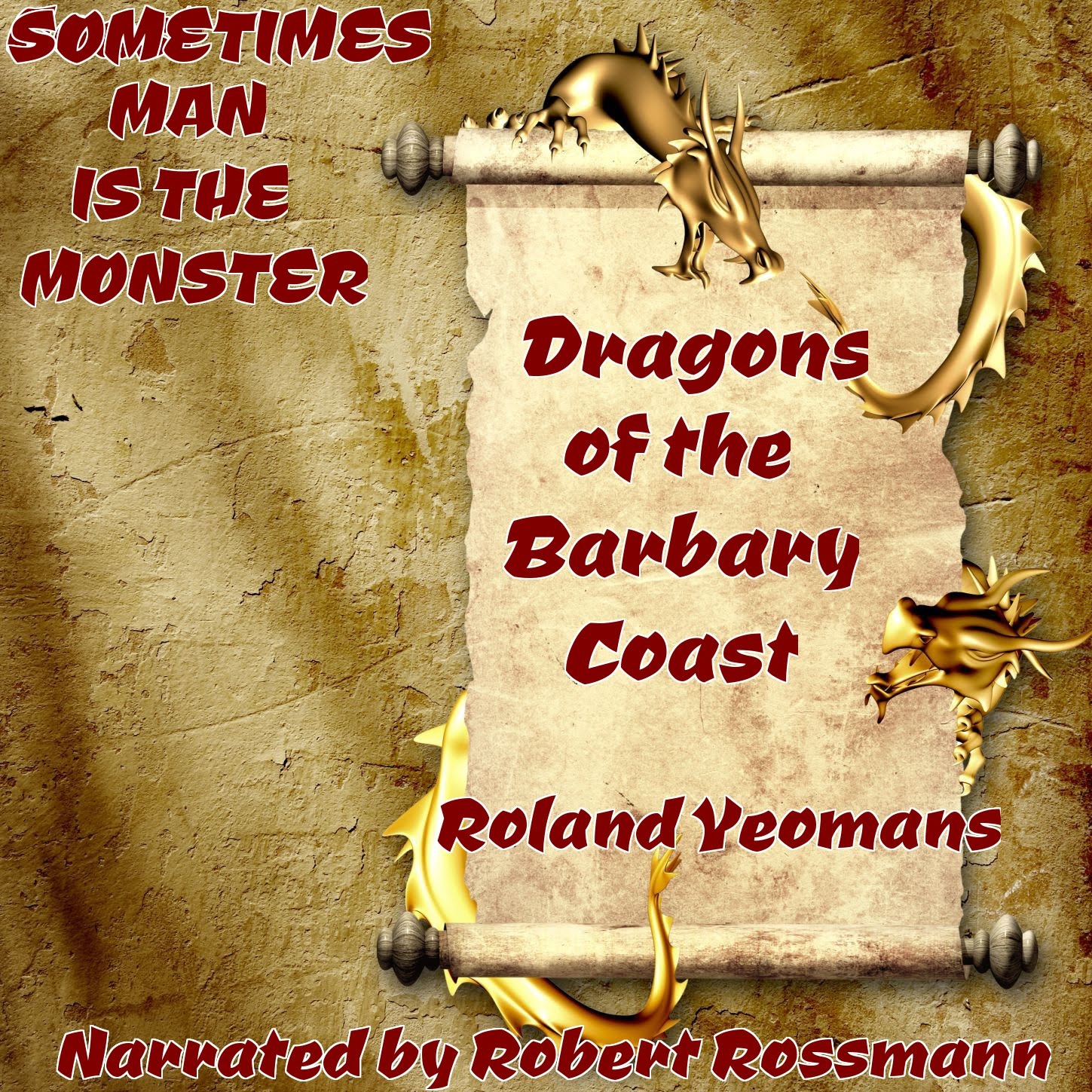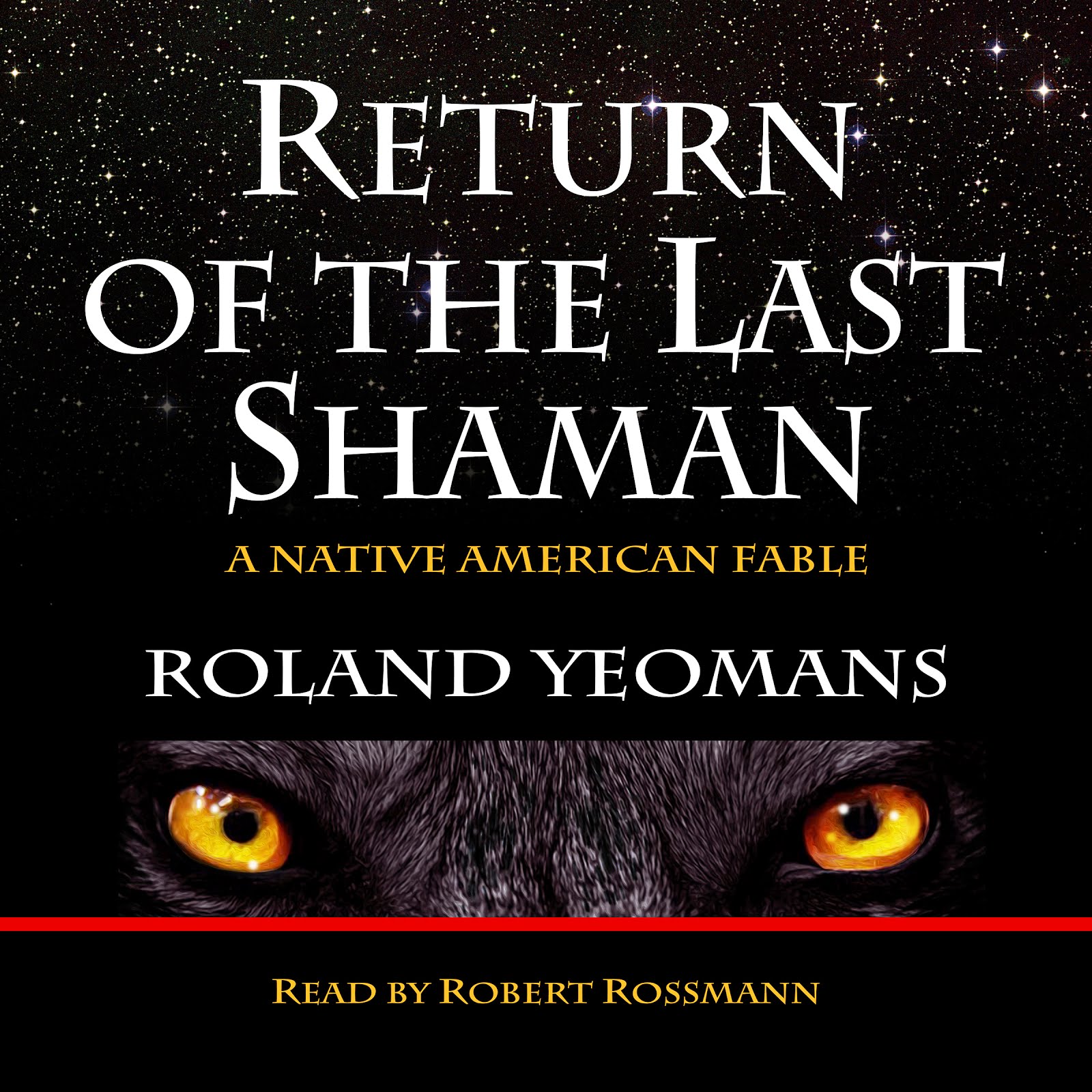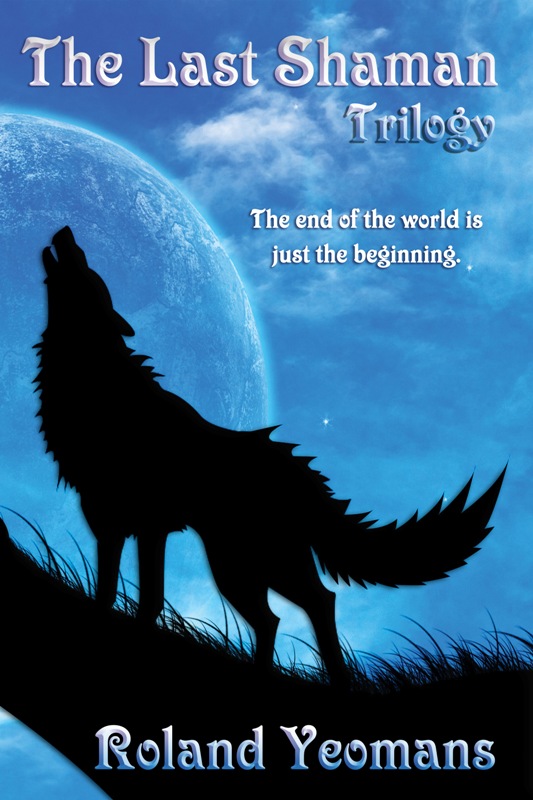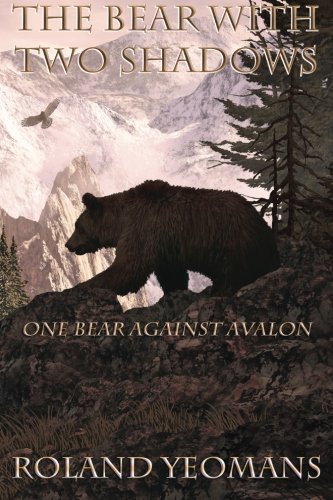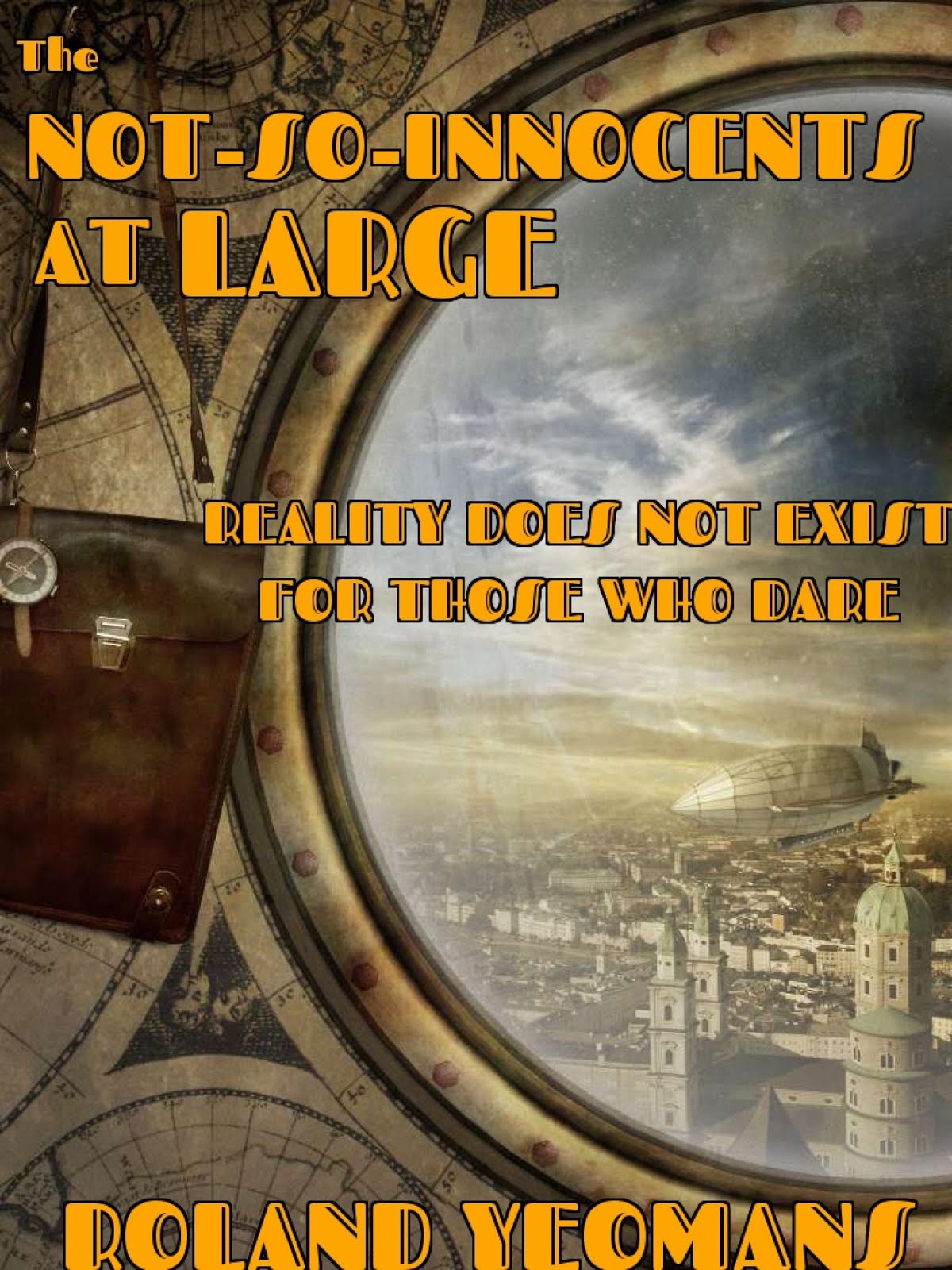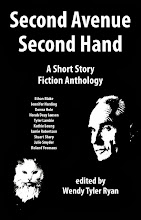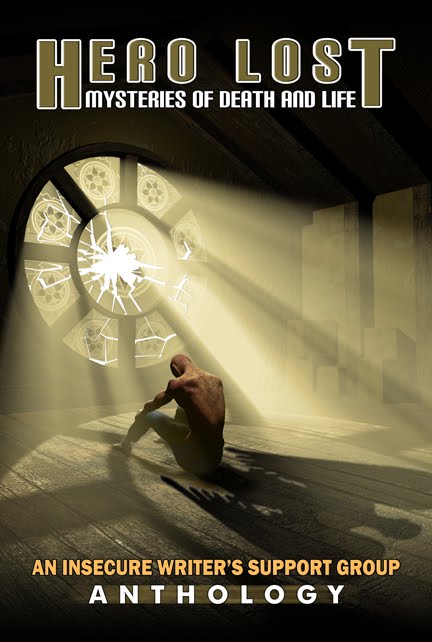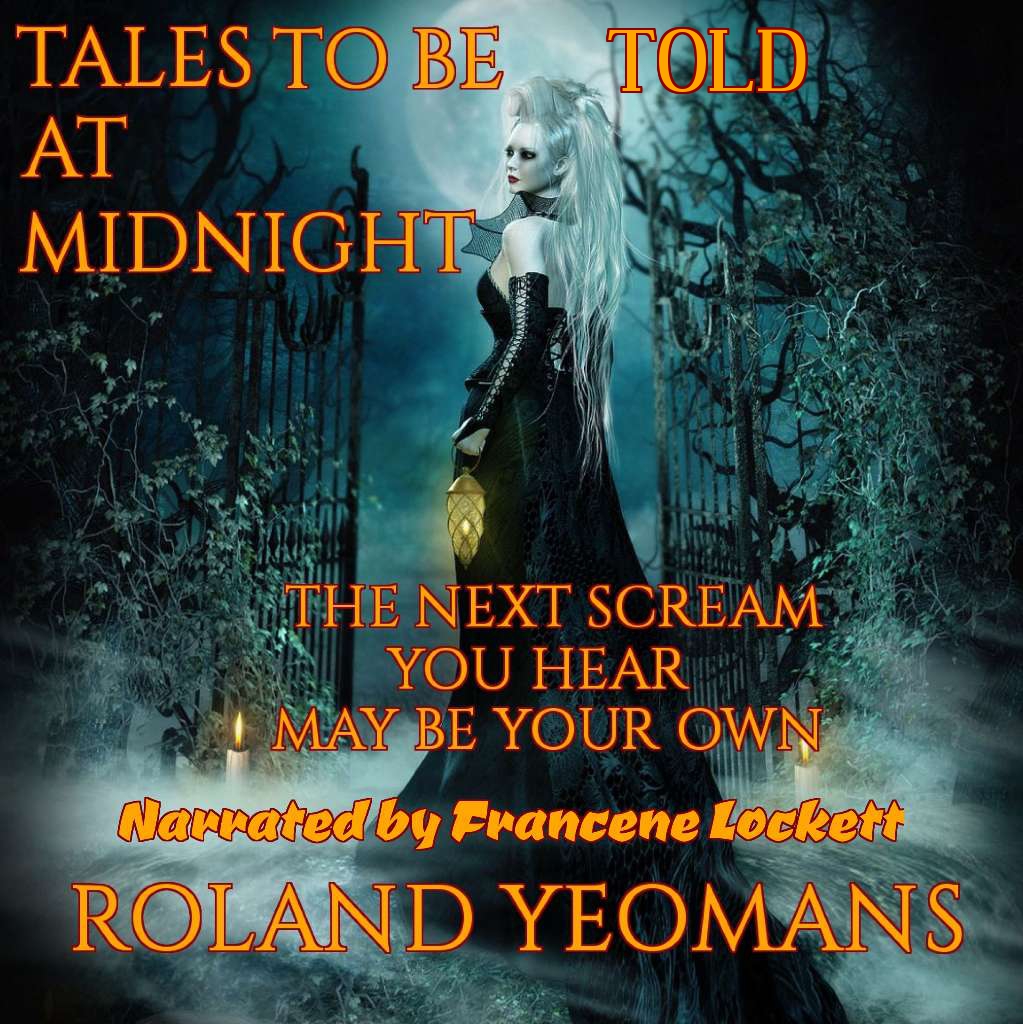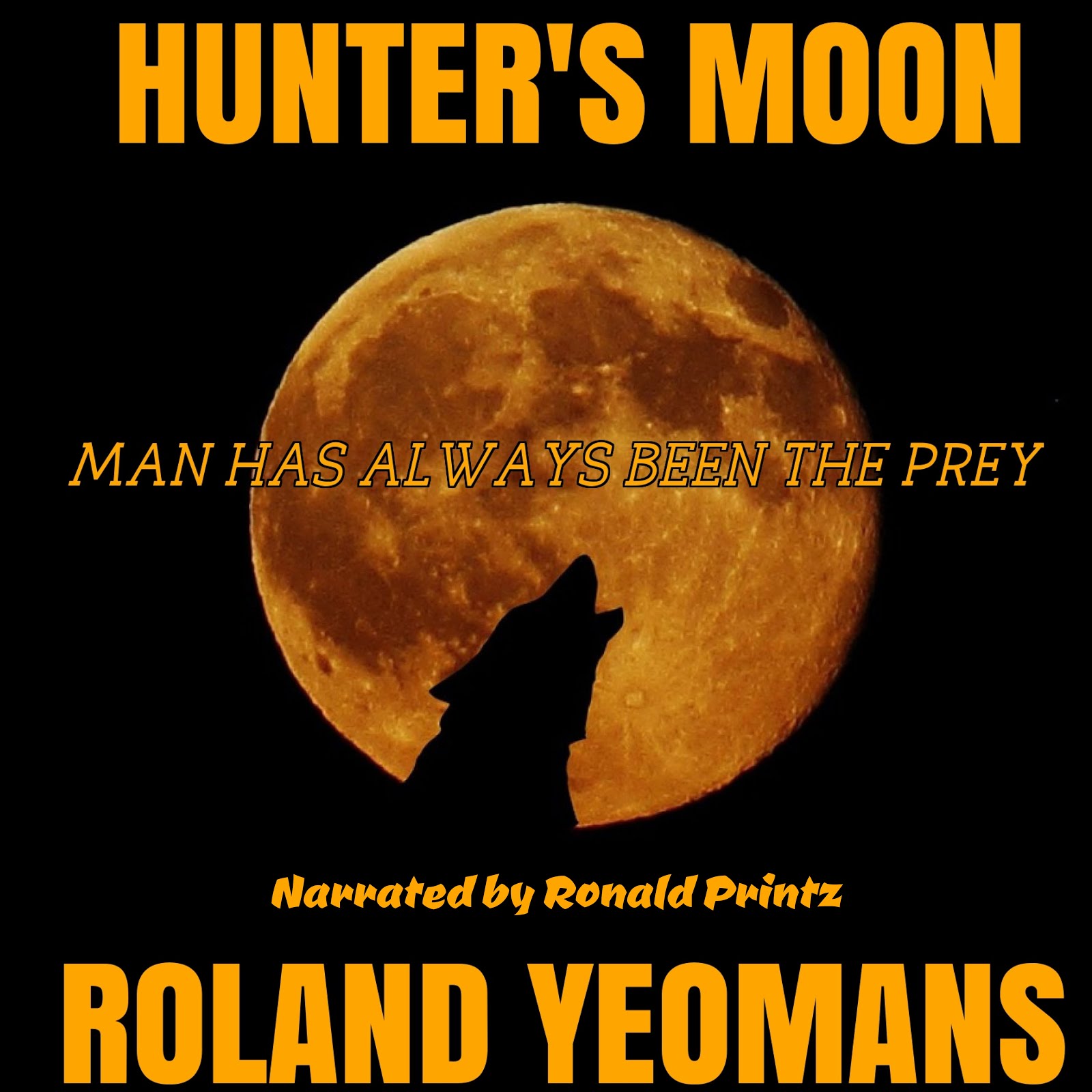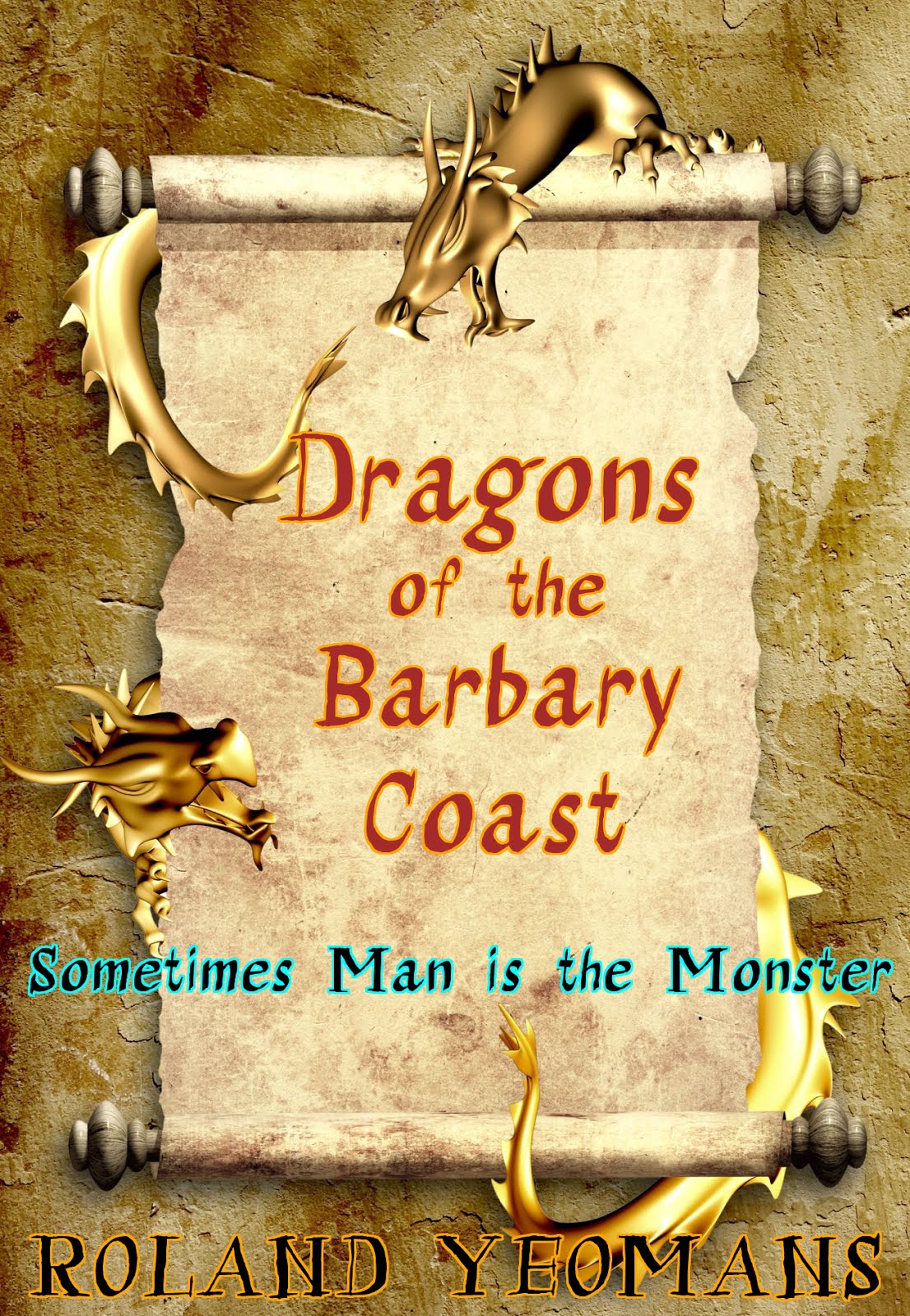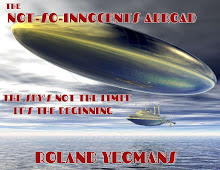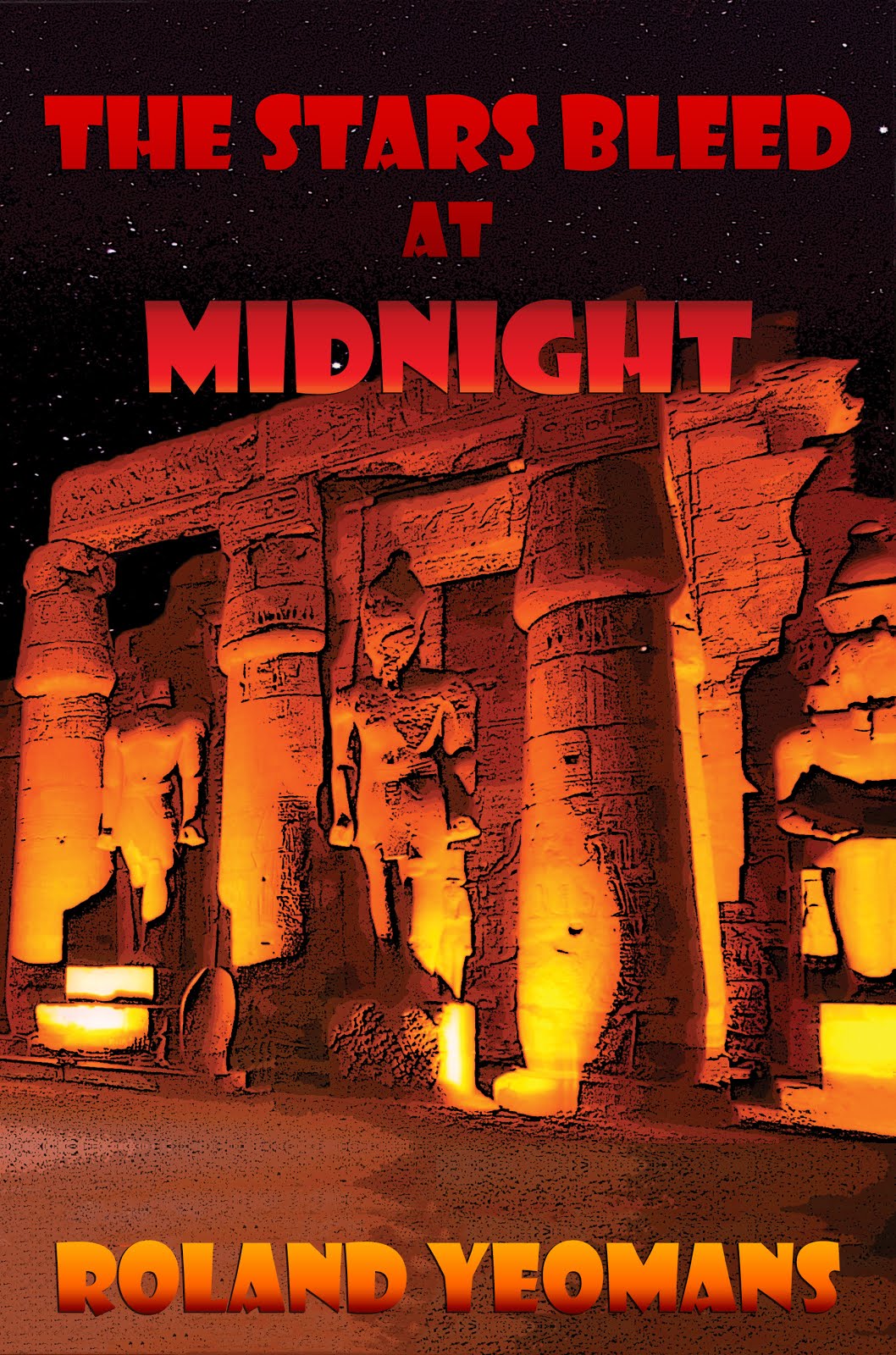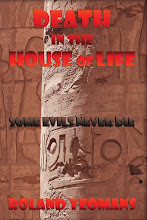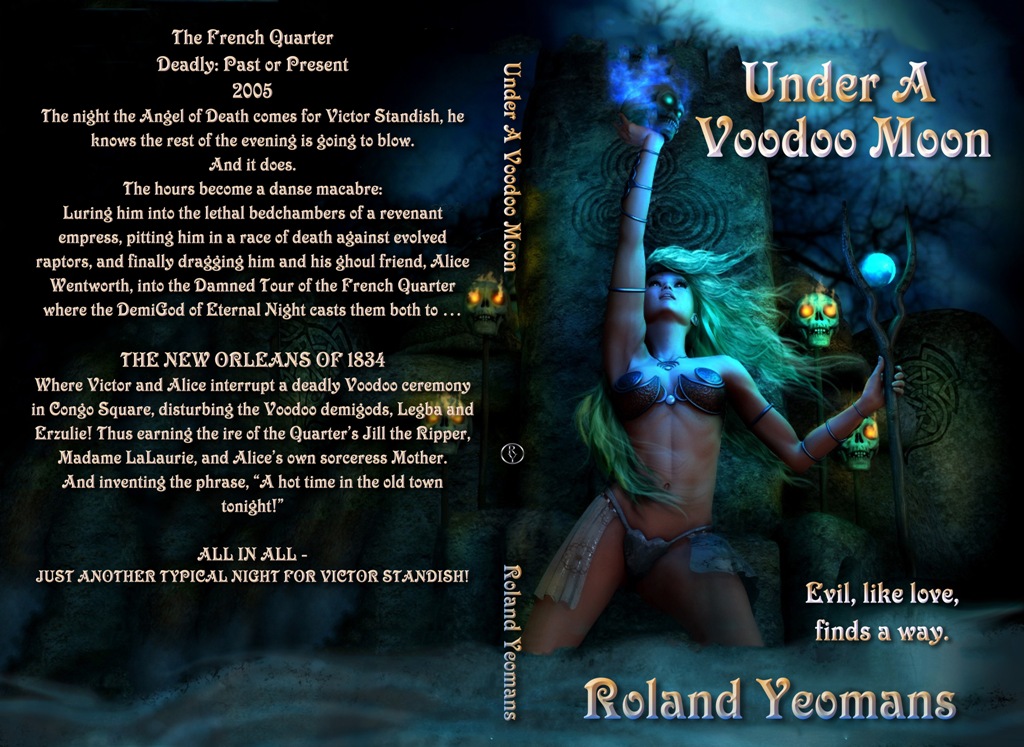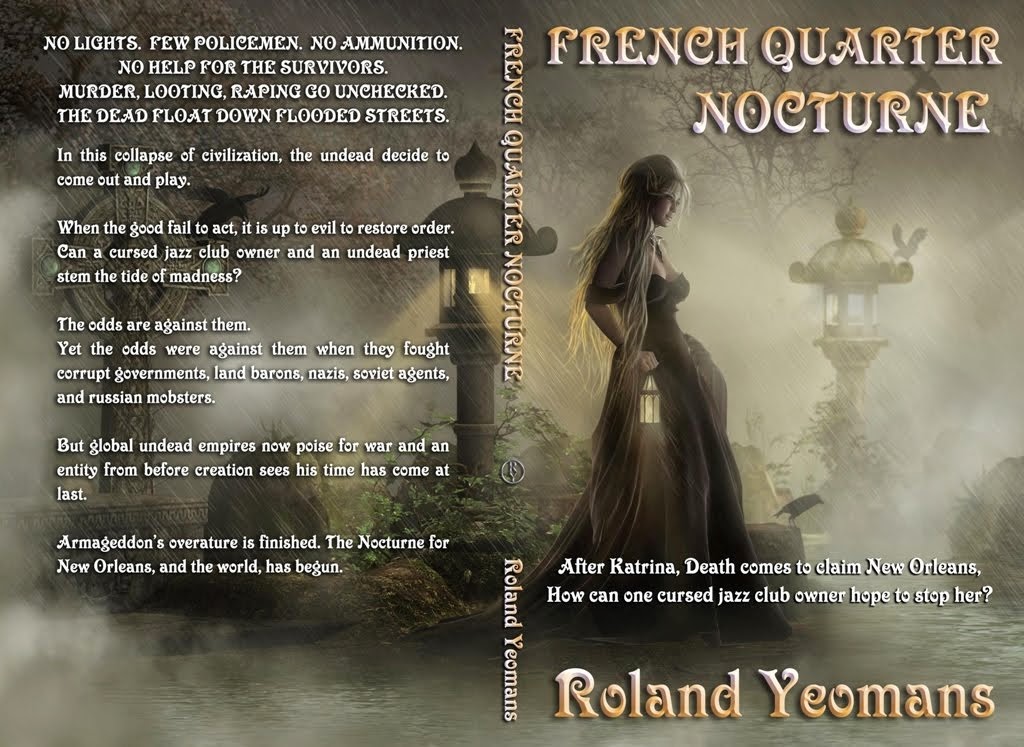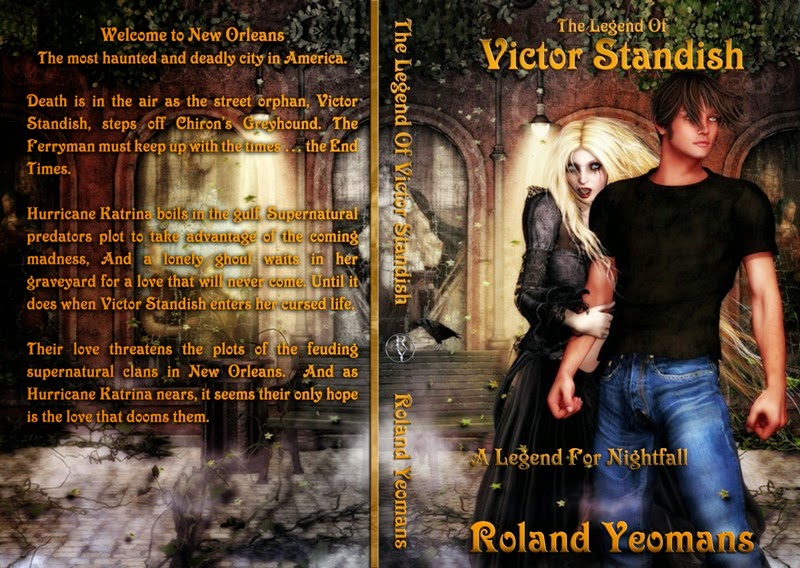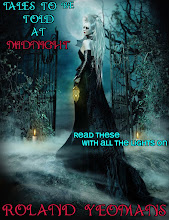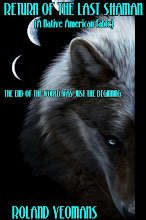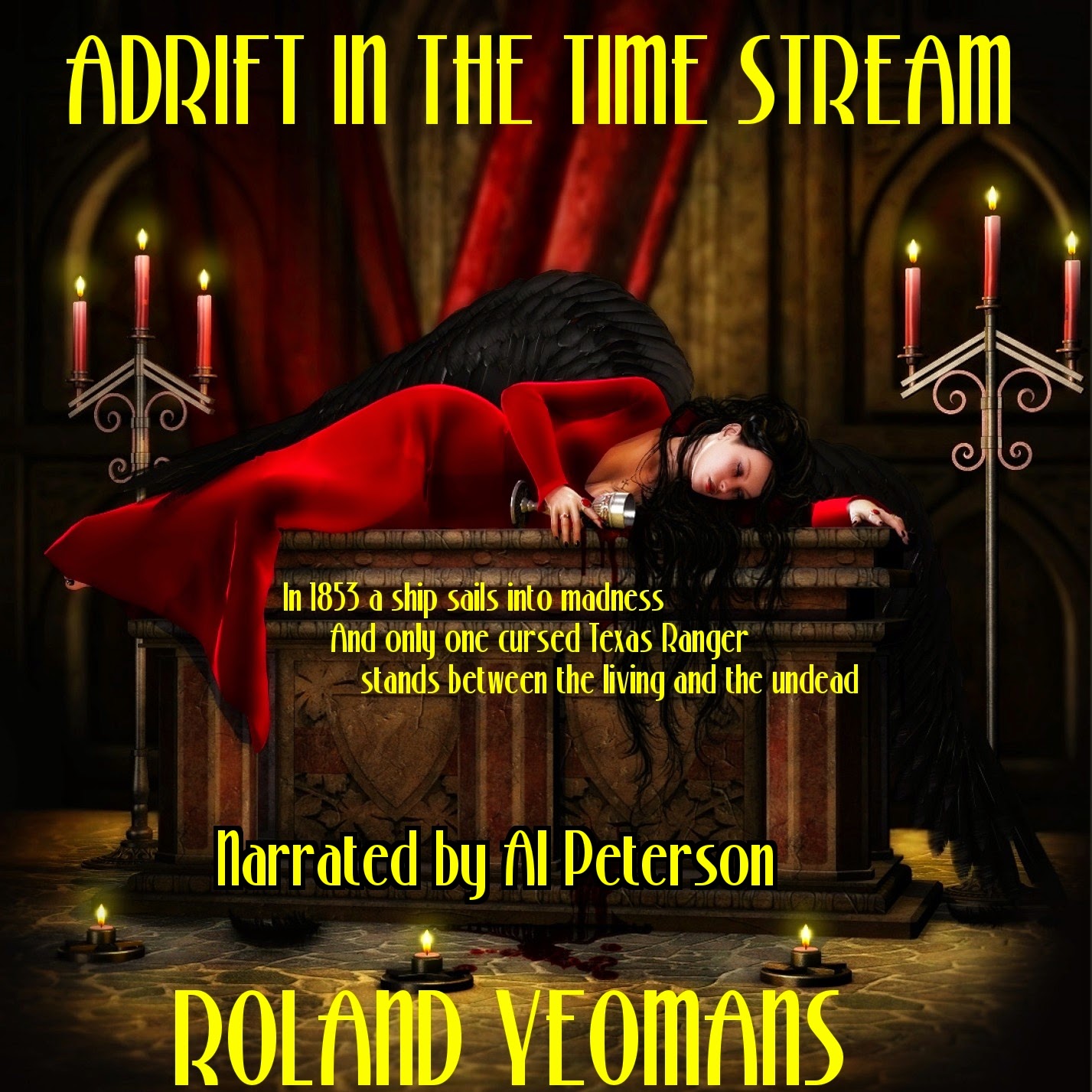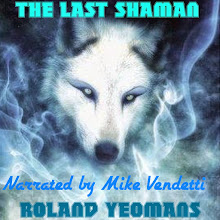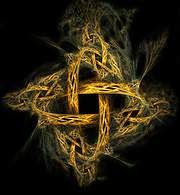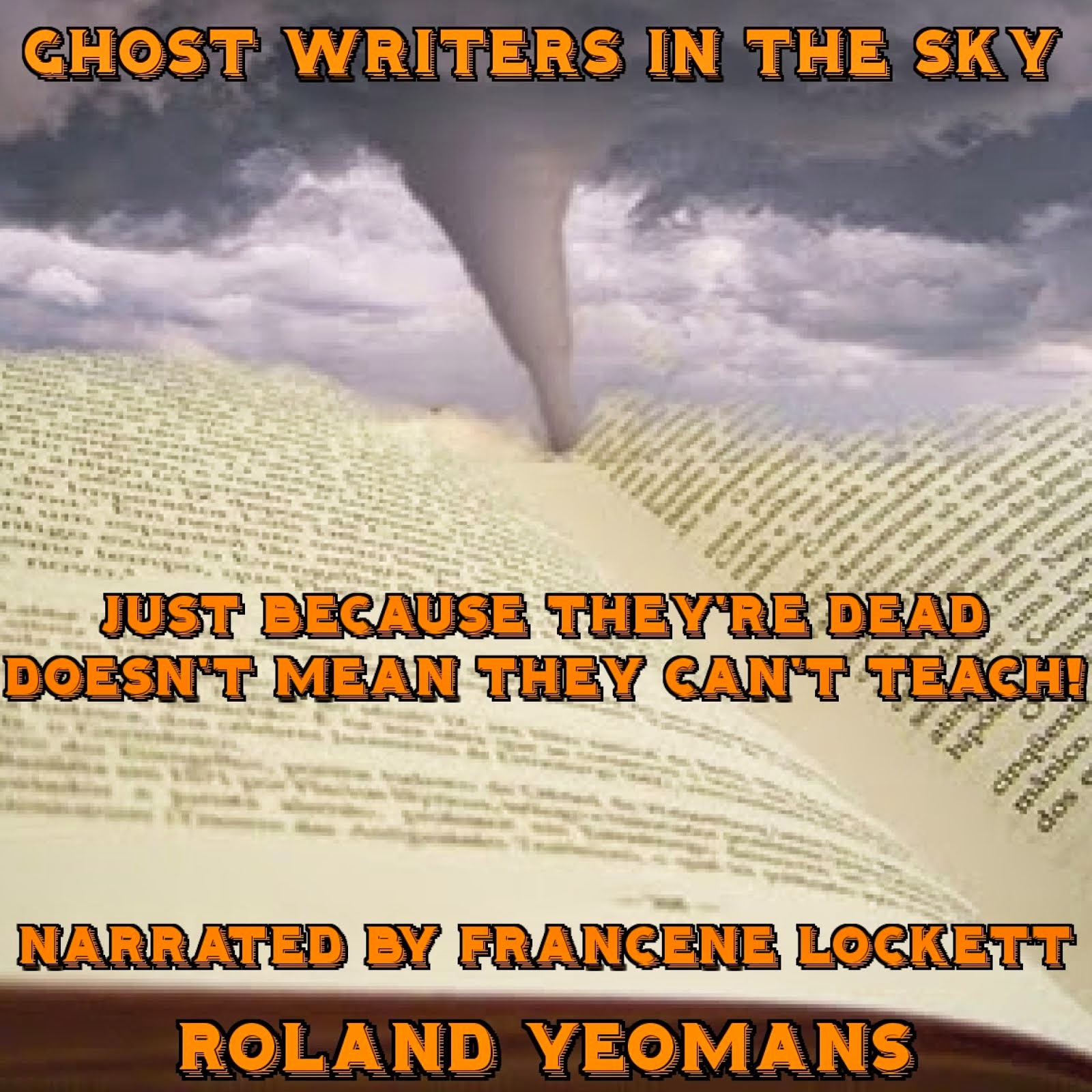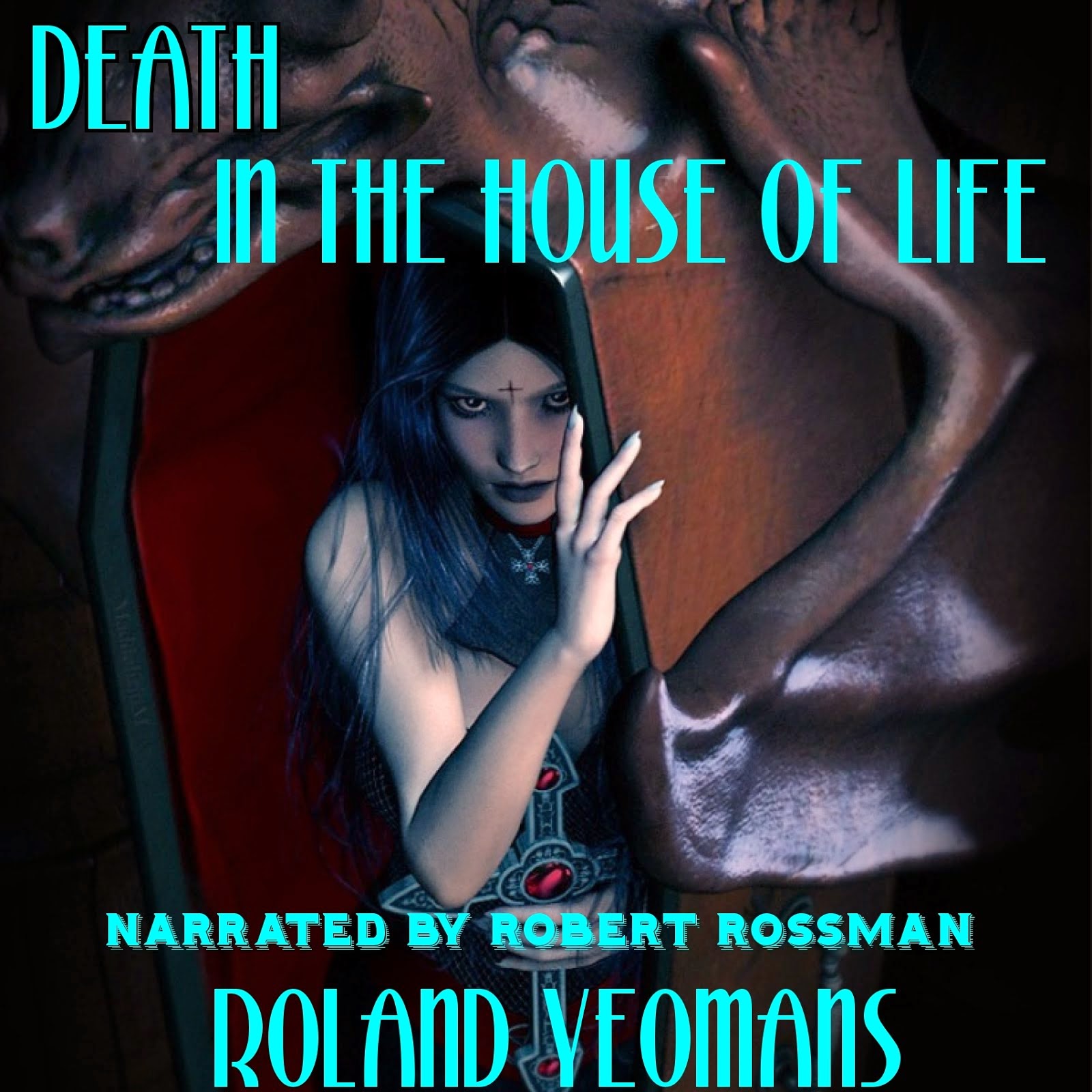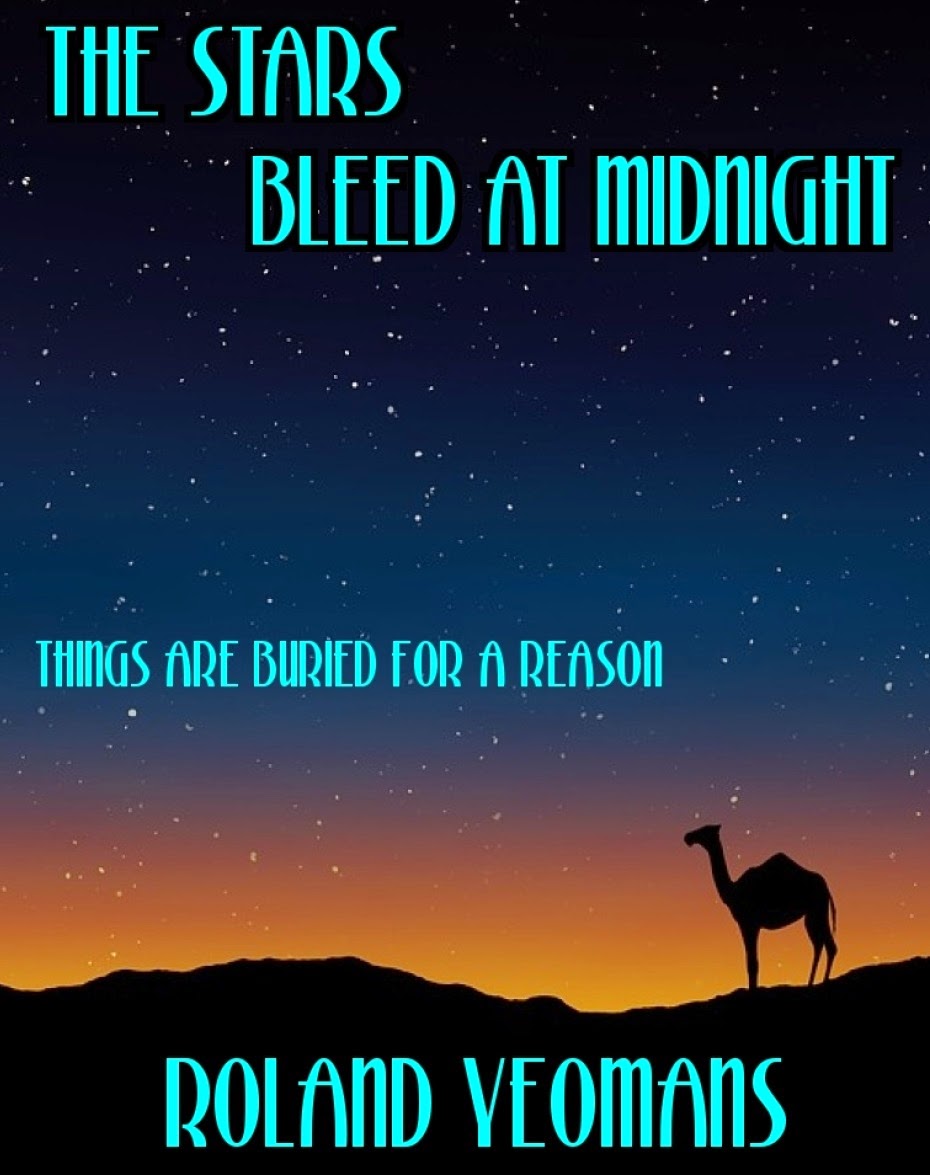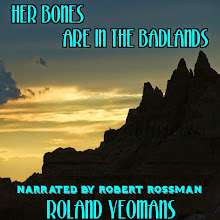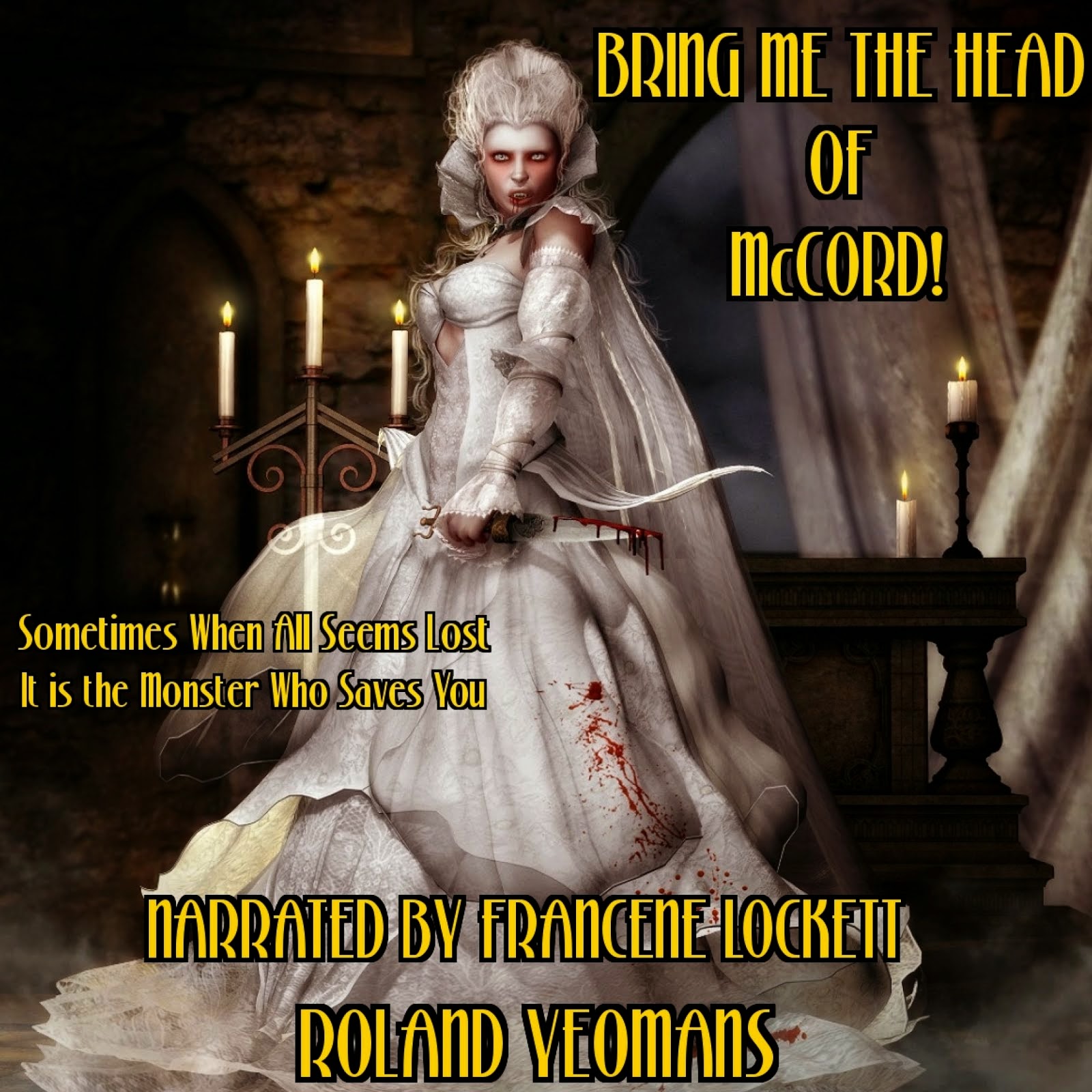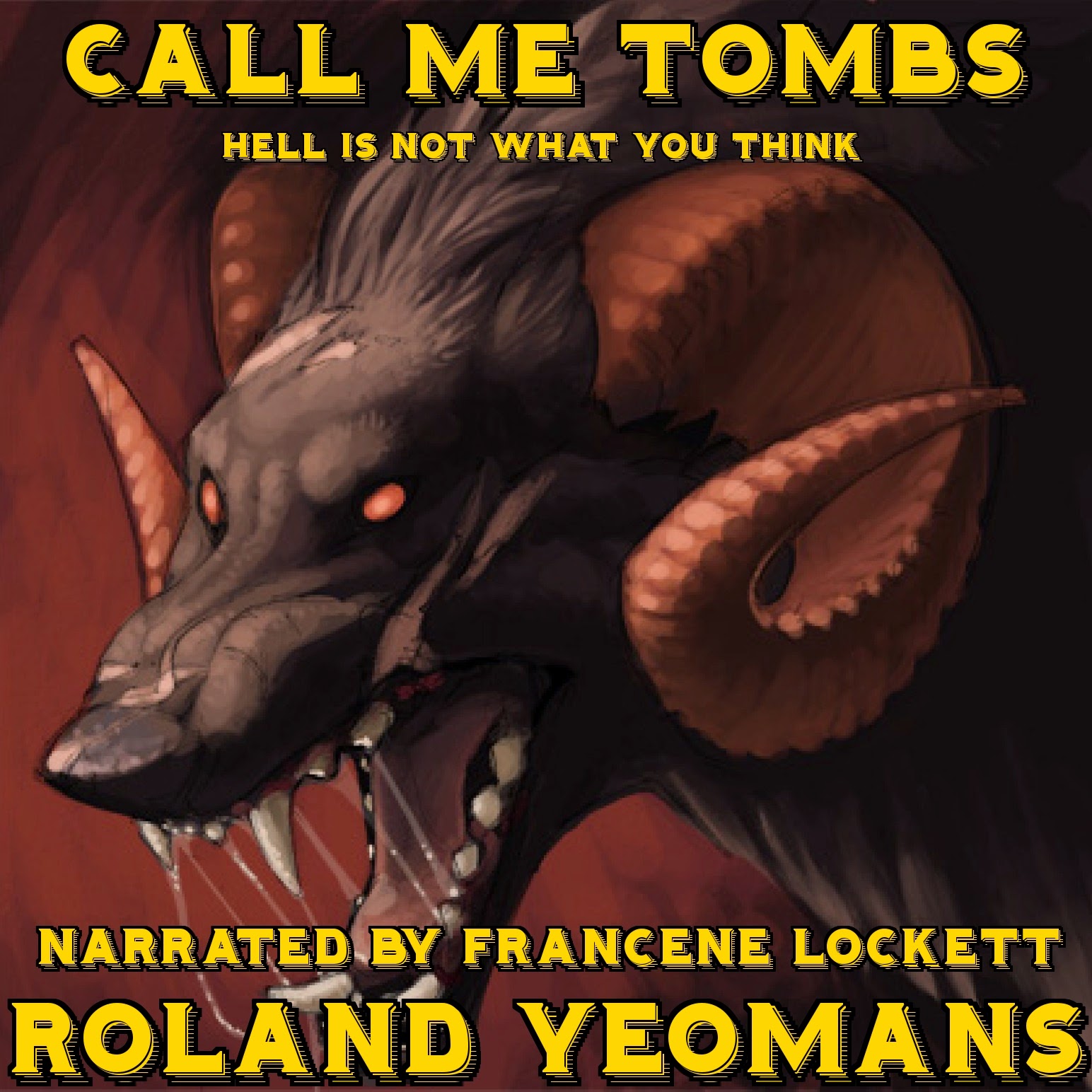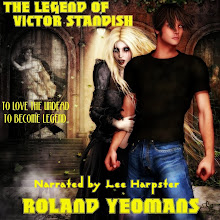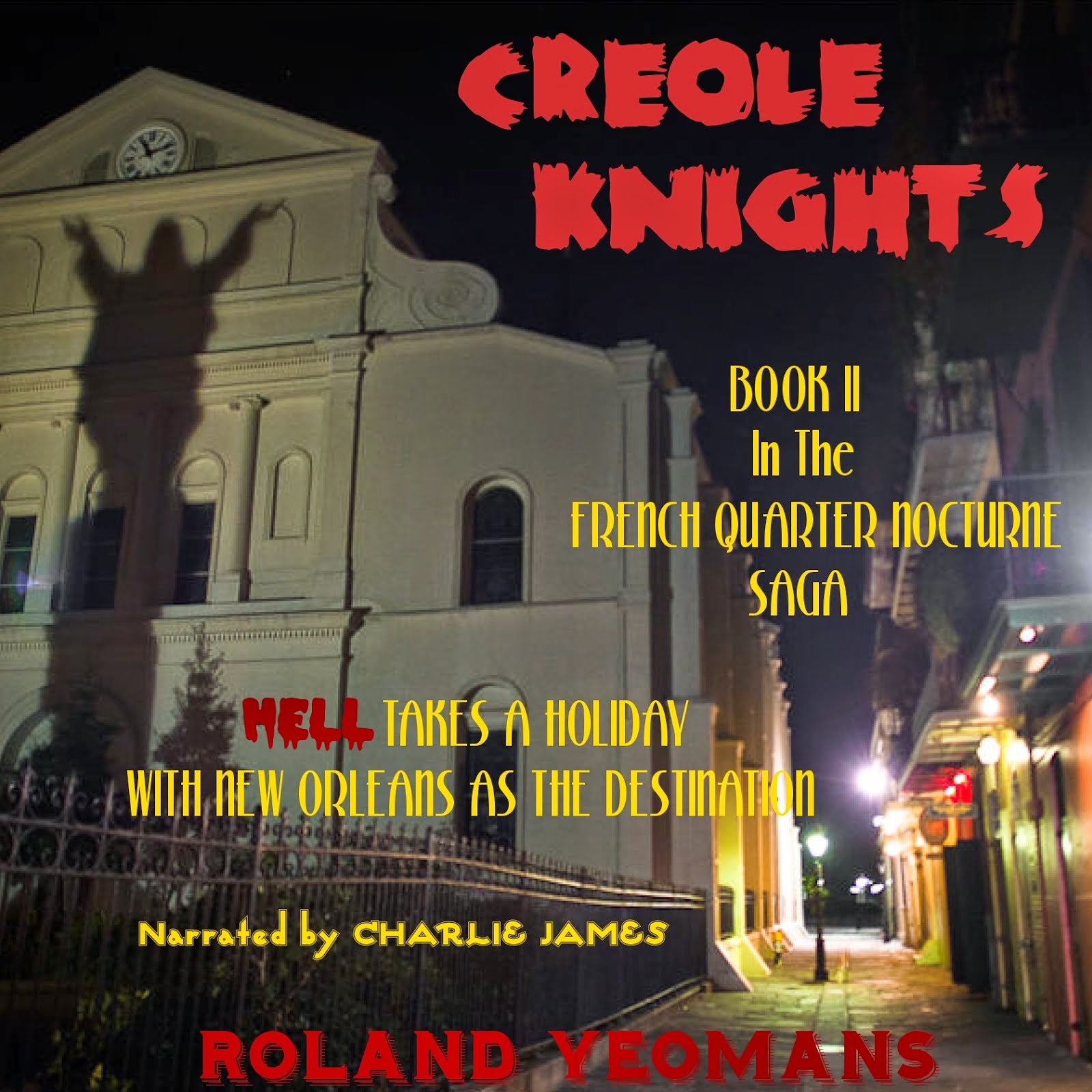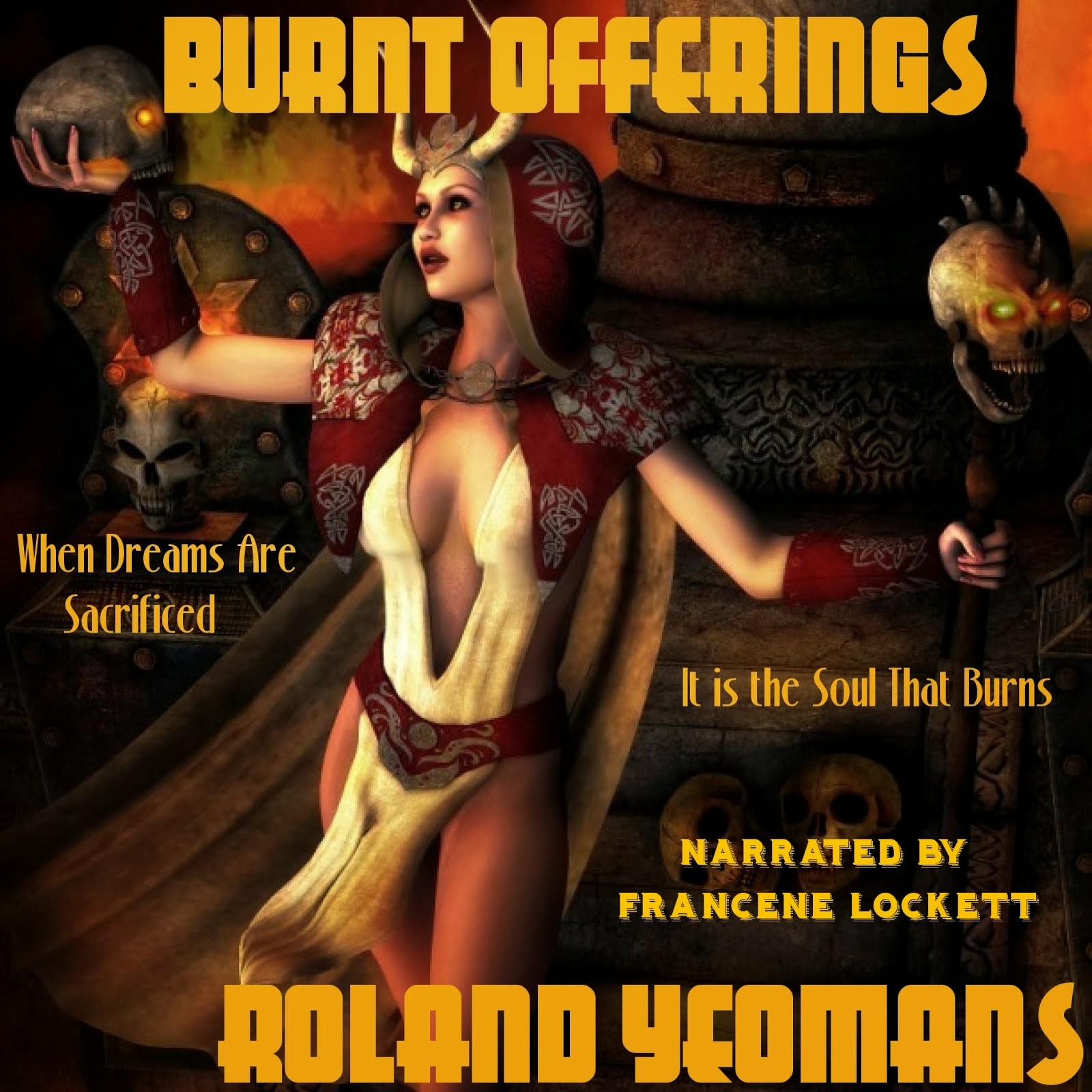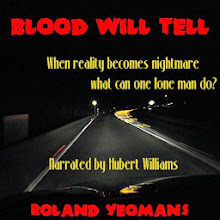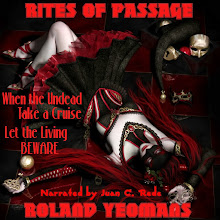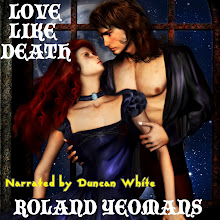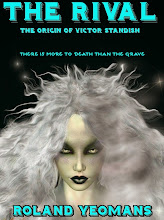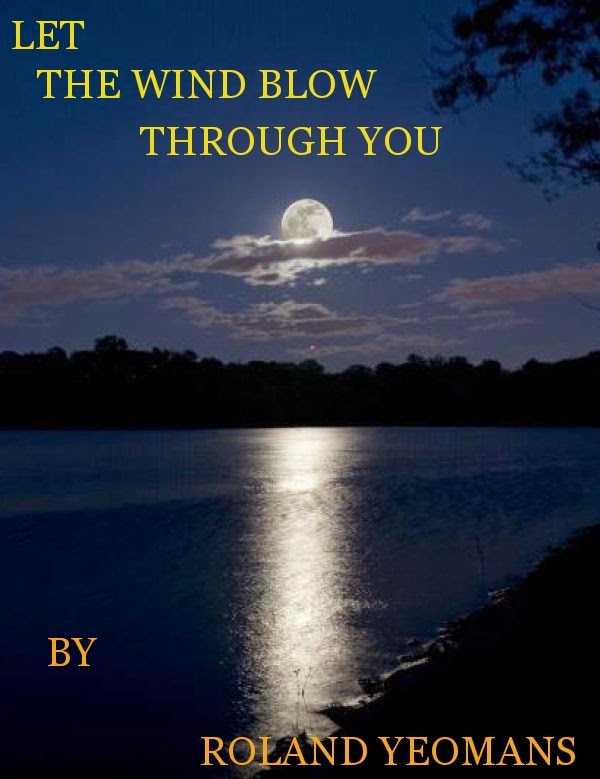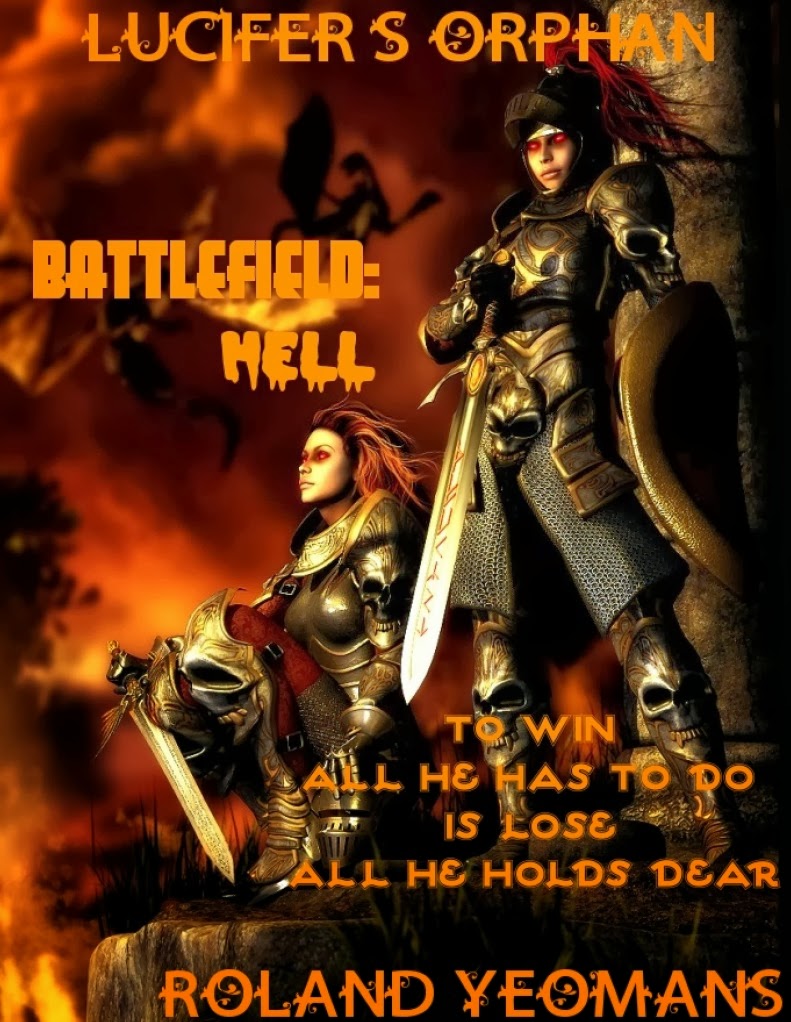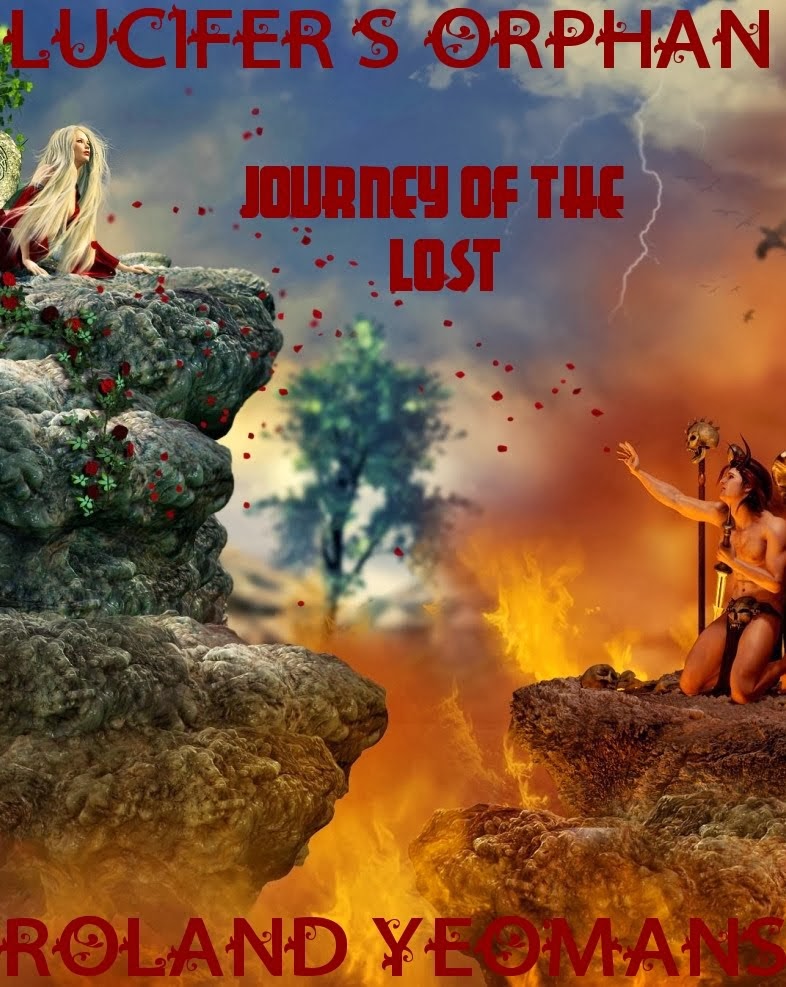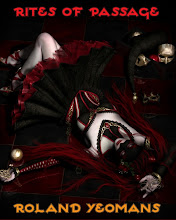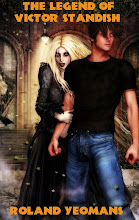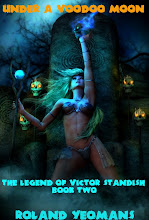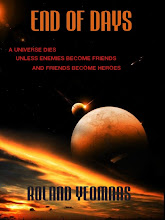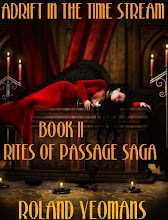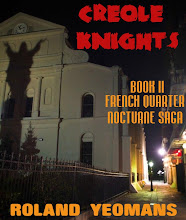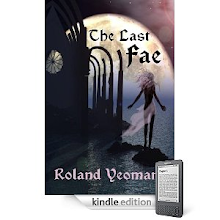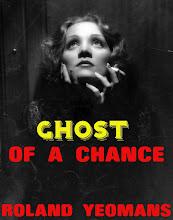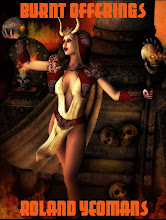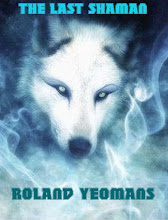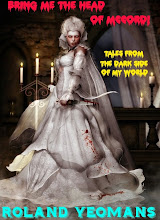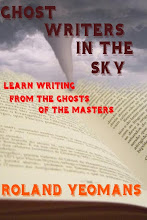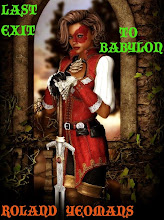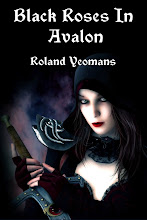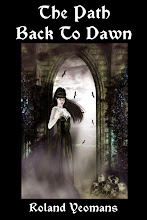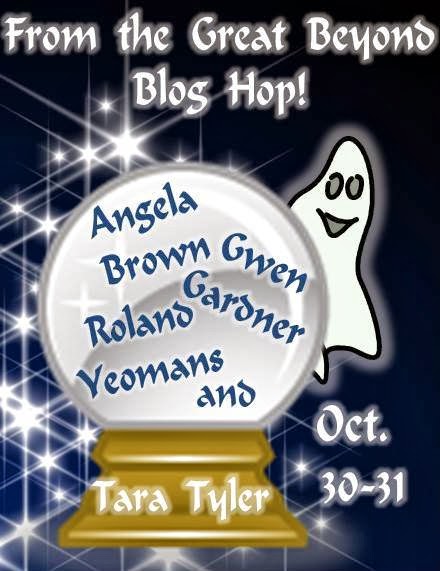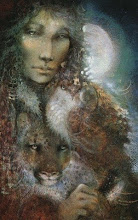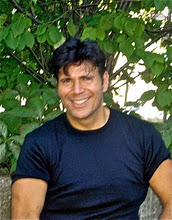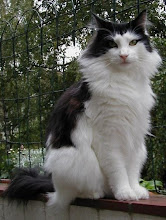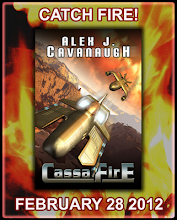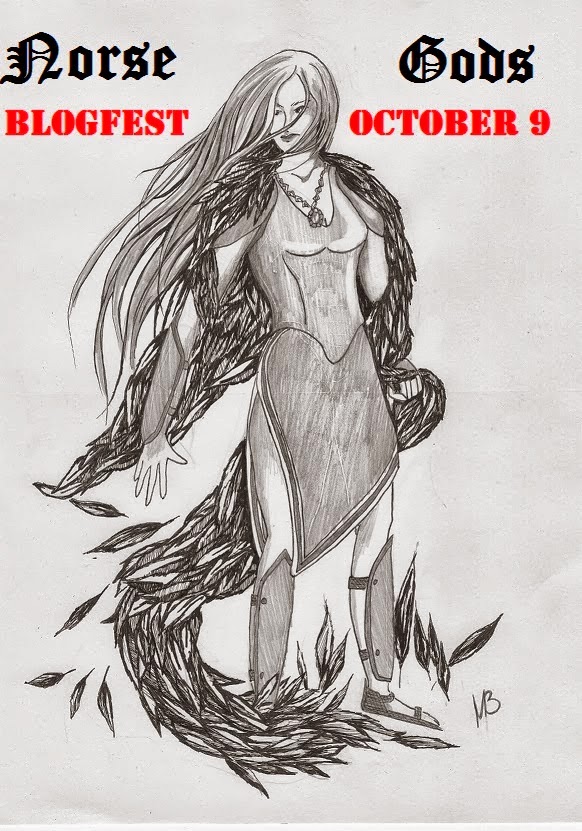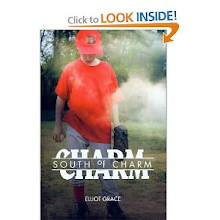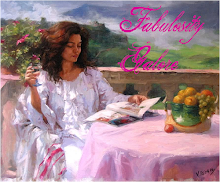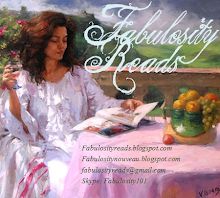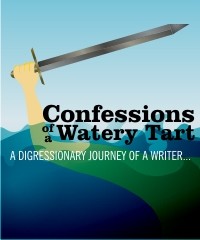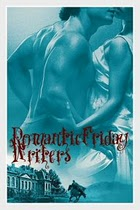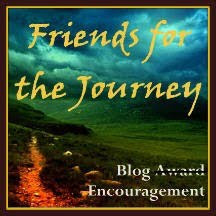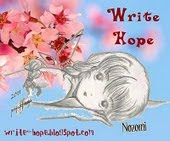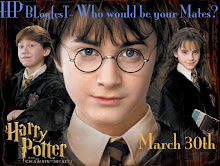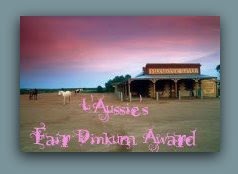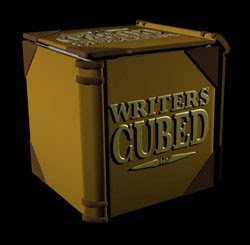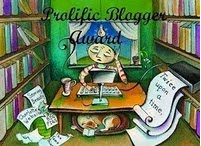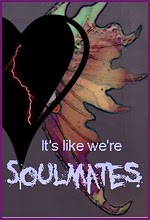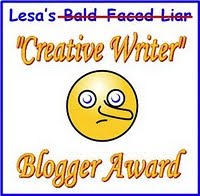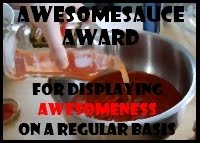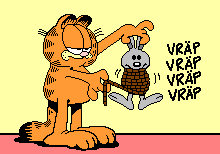Steve Rogers looked down at the old woman in the casket.
"This isn't Peggy," he whispered.
He thought: 'This body is just a cloak she wore for a time. My Peggy is still waiting for me on that dance floor.'
"I still owe you that dance," he murmured. "I didn't mean to let you down."
Sharon Carter touched his hand on the casket's rim. "You know she understood, don't you?"
"I do," he said, flinching a bit inside at the two words he'd wanted to say aloud to a quite different question concerning Peggy.
Sharon squeezed his hand. Steve knew she had feelings for him, but she was related to Peggy.
To go out with her would feel ... incestuous somehow as crazy as that sounded.
In the days that followed, Steve's world went truly crazy.
Crossbones sacrificed himself to discredit the Avengers. Wanda tried her best to stop him, but she was still green.
The Accords came quick on the heels of that explosion, Accords passed by a Select Few. The rights of the individual never counted to the Select Few.
To keep his best friend from being shot on sight by those "Select Few," Steve became an outlaw.
Now, facing Tony Stark in his battered armor, Steve knew what he had to do.
Steve smiled bitterly at the rubbled enclosure around the two of them: a Kill Box.
Tony said, "You've become what you fought against your whole life."
"That would be you," said Steve. "You fought the Establishment all your life.
I've always fought for the little guy against bullies whether they were Nazis, Loki, Hydra, or the Select Few behind the Accords."
Tony snapped, "If we don't accept limitations, we're no different than the bad guys."
"We already had limitations! They're in the Constitution."
Tony's eyes went flat. "Too many people have died on both sides. This ends now!"
"Yes," said Steve, "with my life."
Tony's eyes flicked up behind him, and Steve sighed, "In the back? You're going to have the sniper shoot me in the back?"
"You knew this was a trap?"
Steve laughed bitterly, "You're the genius; I'm the soldier, remember? Of course I knew."
"Then why did you come?"
Steve wearily rubbed his bruised face with gloved fingers.
"Because I'm an outlaw now. I can't fight for the little guy anymore. But you killing me? You'll be the hero.
YOU will be able to fight for the little guys. I'm buying you that chance with my life. Don't blow it."
Tony's eyes softened. "If you feel that way, come in with me."
"You have Pepper to go back to. I buried the only woman I loved. Now, give that 'Kill' signal!"
"N-No, there has to be another ...."
Steve drew back his shield as if to throw it at Tony.
Tony yelled at the top of his lungs, "Don't shoo ...."
The Drill Sergeant at Camp Pendleton had been right.
Steve Rogers never heard the shot that killed him ...
Steve frowned. He was still standing, surrounded by soldiers. But they were in the wrong uniforms.
They were dressed as WWII G.I.'s. And they and Steve were on a dance floor.
Steve felt a gentle tap on his left shoulder and heard a velvet voice he never expected to hear again.
"You owe me a dance, soldier."
He turned slowly.
Peggy ...in that stunning scarlet dress she'd worn to that London Pub so long ago.
She was breath-taking, her wet eyes sparkling with happiness.
Steve smiled hesitantly, shy in her presence as always.
"I ... do."
Then, Peggy was in his arms, and his world was whole again.
Their second kiss was much better than their first ... for this kiss would last forever, for ....
All became black.




















